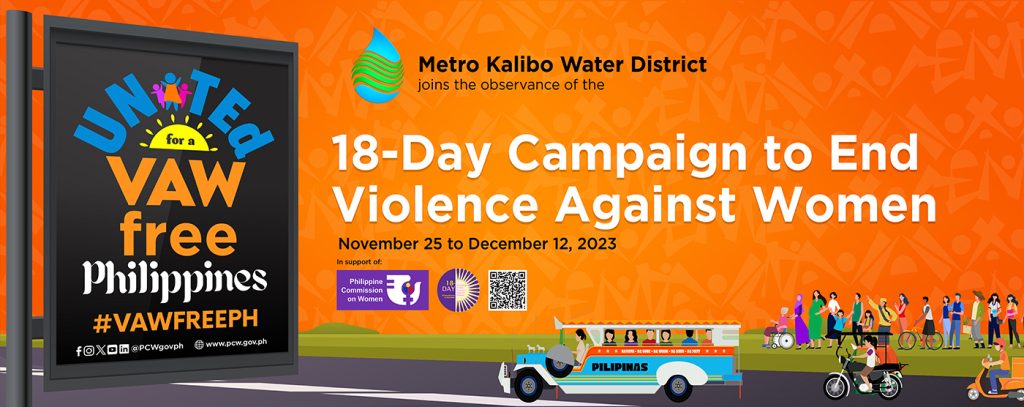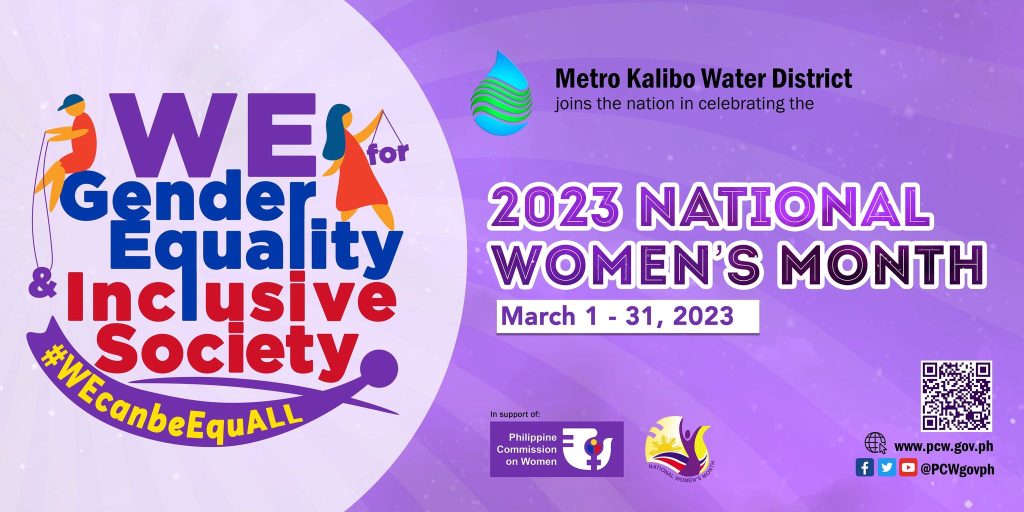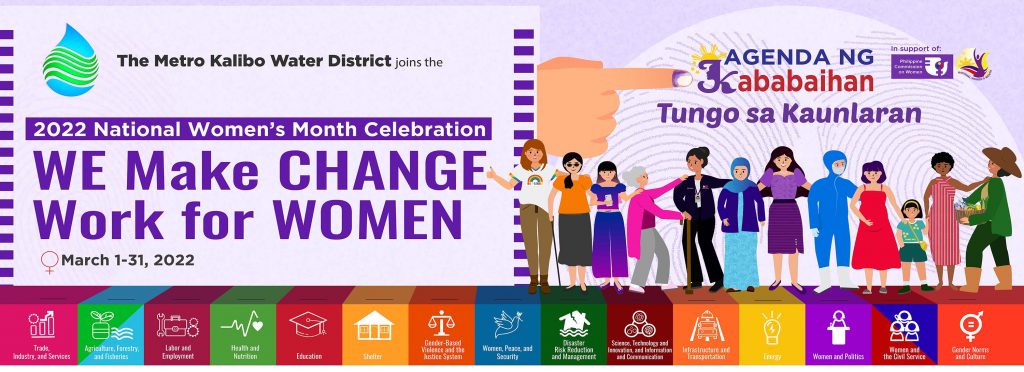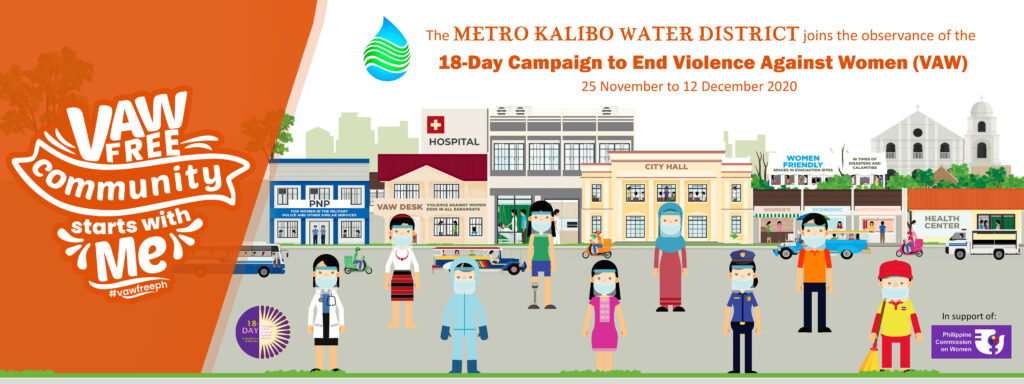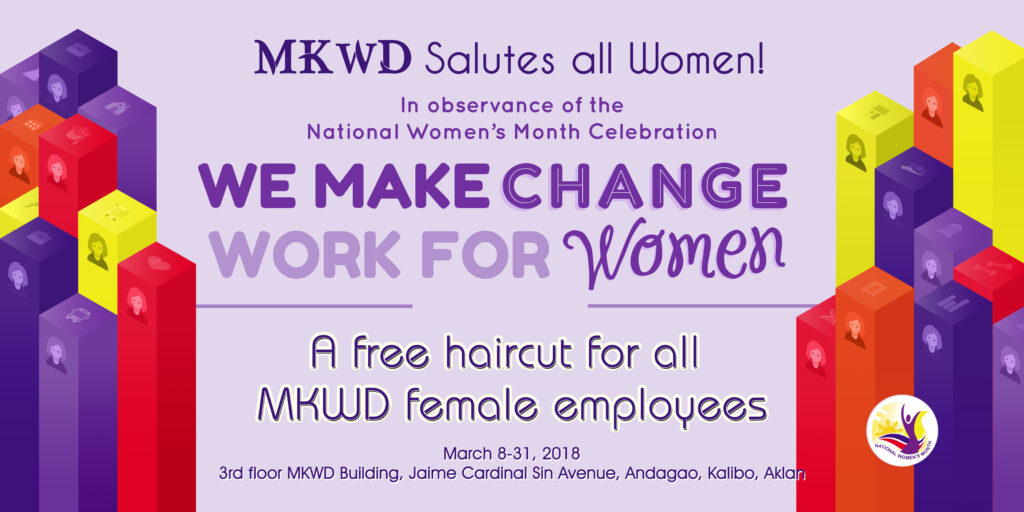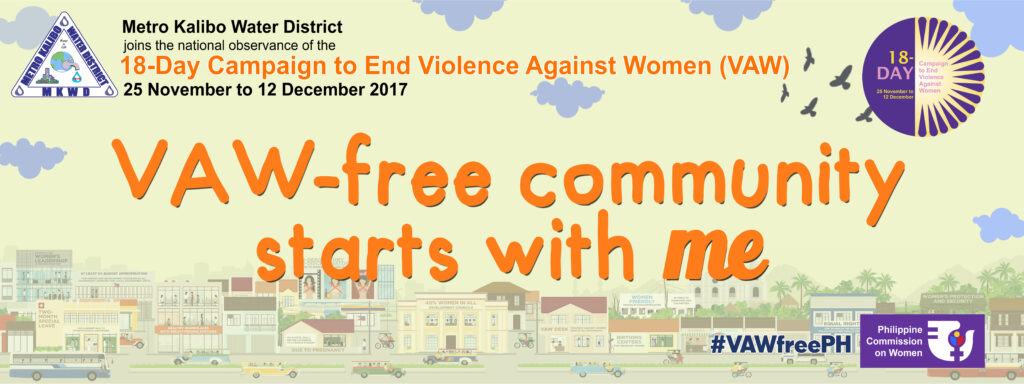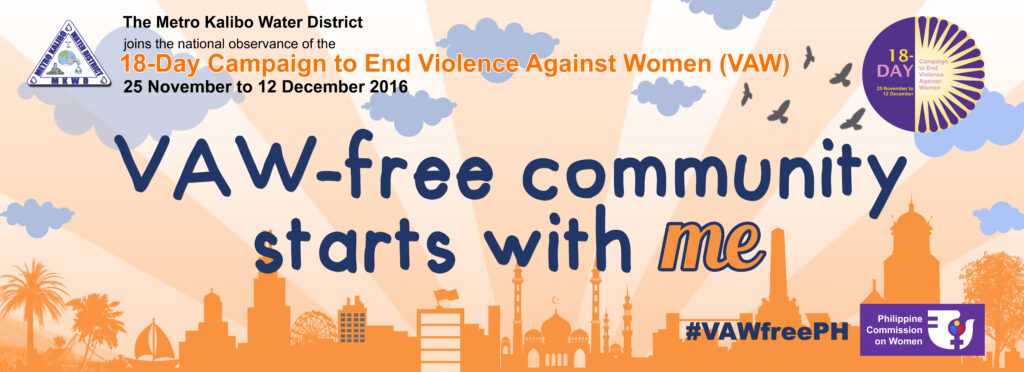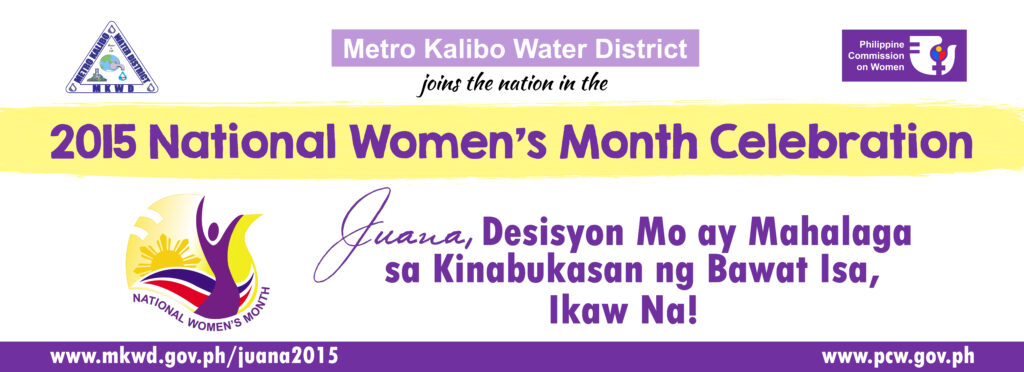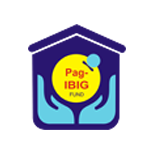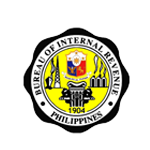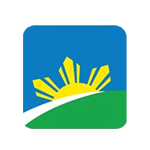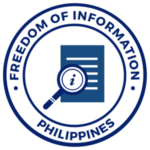GENDER AND DEVELOPMENT
Learn more about Gender and Development!
WHAT IS GENDER AND DEVELOPMENT (GAD)?
Gender and Development (GAD) – refers to the development perspective and process that is participatory and empowering, equitable, sustainable, free from violence, respectful of human rights, supportive of self-determination, and actualization of human potentials. It seeks to achieve gender equality as a fundamental value that should be reflected in development choices and contends that women are active agents of development, not just passive recipients of development;
HOW GENDER AND DEVELOPMENT STARTED?
Gender and Development was developed in the 1980’s as an alternative to the Women in Development (WID) approach.
Unlike WID, the GAD approach is not concerned specifically with women, but with the way in which a society assigns roles, responsibilities, and expectations to both men and women.
GAD applies gender analysis to uncover the ways in which men and women work together, presenting results in neutral terms of economics and competence.
GAD focus primarily on two major frameworks, Gender Roles and Social Relations Analysis. Gender role focus on social construction of identities within the household, it also reveals the expectations from ‘maleness and femaleness’ in their relative access to resources. Social relations analysis exposes the social dimensions of hierarchical power relations imbedded in social institutions; also it’s determining influence on ‘the relative position of men and women in society. In an attempt to create gender equality, (denoting women having same opportunities as men, including ability to participate in the public sphere) GAD policies aim to redefine traditional gender role expectations.
GENDER AND DEVELOPMENT IN PHILIPPINES
Philippine Plan for Gender and Development, 1995-2025, is a National Plan that addresses, provides and pursues full equality and development for men and women. Approved and adopted by former President Fidel V. Ramos as Executive No. 273, on September 8, 1995, it is the successor of the Philippine Development Plan for Women, 1989-1992 adopted by Executive No. 348 of February 17, 1989.
Three years after, DENR Administrative Order No. 98 – 15 dated May 27, 1998 came up as the Revised Guidelines on the Implementation of Gender and Development (GAD) Activities in the Department of Environment and Natural Resources (DENR) in order to strengthen the DENR GAD Focal Point System and accomplishing the GAD vision “Partnership of Empowered Men and Women for Sustainable Development”.
Republic Act No. 9710, otherwise known as the Magna Carta of Women was approved on August 14, 2009 which mandates non-discriminatory and pro-gender equality and equity measures to enable women’s participation in the formulation, implementation and evaluation of policies and plan for national, regional and local development.
A Memorandum Circular No. 2011 – 01 dated October 21, 2011 was released addressing to all Government Departments including their attached agencies, offices, bureaus, State Universalities and Colleges (SUCs), Government-Owned and Controlled Corporations (GOCCs) and all other government instrumentalities as their guidelines and procedures for the establishment, strengthening and institutionalization of the GAD Focal Point System (GFPS).
ORGANIZATIONAL STRUCTURE
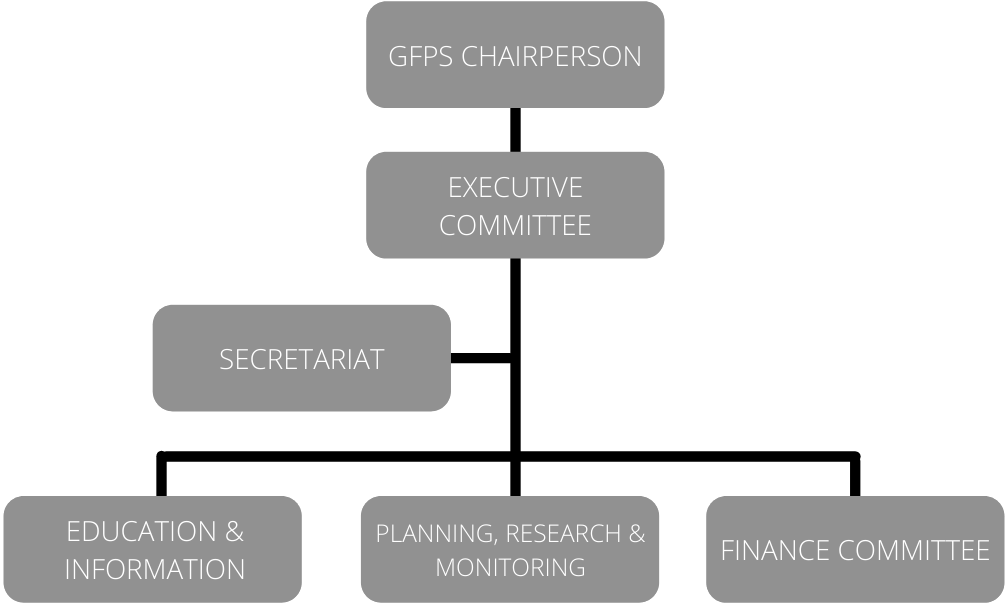
FUNCTIONS OF THE GAD FOCAL POINT SYSTEM
The GAD Focal Point System (GFPS) shall perform the following functions:
- Lead in mainstreaming gender perspective in agency/department policies, plans, and programs. In the process, they shall ensure the assessment of the gender-responsiveness of systems, structures, policies, programs, processes, and procedures of the agency based on the priority needs and concerns of constituencies and employees and the formulation of recommendations including their implementation;
- Assist in the formulation of new policies such as the GAD Code in advancing women’s status as in the case of LGU;
- Lead in setting up appropriate systems and mechanisms to ensure the generation, processing, review, and updating of sex-disaggregated data or GAD database to serve as basis in performance-based gender responsive planning;
- Coordinate efforts of different divisions, offices, units of the agency and advocate for the integration of GAD perspectives in all their systems and processes;
- Spearhead the preparation of annual performance-based GAD Plans, Programs, and Budget in response to gender issues of their constituencies and clients and in the context of their agency mandate, and consolidate the same following the format and procedures prescribed by the PCW, DBM, and NEDA in the Joint Circular 2011-1. The GFPS shall likewise be responsible for submitting the consolidated GAD Plans and Budgets of the department/agency, and as needed, in responding to PCW’s comments or requests for additional information;
- Lead in monitoring the effective implementation of GAD-related policies and the annual GAD Plans, Programs, and Budget;
- Lead the preparation and consolidation of the annual agency GAD Accomplishment Report and other GAD Reports that may be required under the PCW;
- Strengthen the external link with other agencies or organizations working on women’s rights and gender and development to harmonize and synchronize GAD efforts at various levels of governance;
- Promote and actively pursue the participation of women and gender advocates, other civil society groups, and private organization in the various stages of the development planning cycle, giving special attention to the marginalized sectors; and
- Ensure that all personnel of the agency including the finance officers (e.g. accountant, budget officer, auditors) are capacitated on GAD. Along this line, the GFPS will recommend and plan an appropriate capacity development program on gender and development for its employees as part of and implemented under its regular human resource development program.
ROLES AND RESPONSIBILITIES
A. The GFPS Chairperson or Head of the Agency shall:
- Issue policies or other directives that support GAD mainstreaming in the policies, plans, programs, projects and activities, budget, systems, and procedures of the agency including the creation, strengthening, modification, or reconstruction of the GAD Focal Point System; and
- Approve the GAD Plan, Program, and Budget of the agency as duly endorsed by the Executive Committee, with the assistance of the Technical Working Group, and ensure its implementation.
B. The Executive Committee shall:
- Provide direction and give policy advice to the Agency Head to support and strengthen the GFPS and agency’s GAD mainstreaming activities;
- Direct the identification of GAD strategies, programs, activities, and projects based on the results of the gender audit, gender analysis, and according to the identified priorities of the agency in response to the gender issues faced by its clients and employees;
- Ensure the timely submission of the agency GAD Plan and Budget, Accomplishment Report, and other GAD-related reports;
- Ensure the effective and efficient implementation of the agency GAD programs, activities, and projects and the judicious utilization of the GAD Budget;
- Build and strengthen the partnership of the agency with Philippine Commission on Women, GAD experts, advocates, women’s groups, and other stakeholders in pursuit of gender mainstreaming;
- Recommend approval of agency GAD Plans and Budgets and GAD Accomplishment Reports; and
- Recommend awards or recognition to outstanding institutional GAD programs, activities, and projects and/or GAD Focal Point members.
C. The Secretariat shall:
- Repository of all records and documents of the GAD Focal Point and the Committees.
- Assists the GAD Focal Point in the preparation of the Notice of Meeting, Minutes of the Meeting, during the conduct of meetings as well as in the preparation and consolidation of reports.
D. The Education and Information shall:
- Design consultative workshops and training programs to develop gender-responsive plans and inculcate gender awareness among Agency employees and clientele;
- Conduct orientation, organizational meetings, trainings, and workshops related to gender concerns;
- Coordinate the conduct of GAD Advocacy activities; and
- Identify, classify and update GAD resource materials which the Agency GAD Focal Point may request.
E. The Planning, Research, and Monitoring shall:
- Review Agency mandates, policies, programs, and projects to identify GAD related issues and concerns;
- Spearhead the design, implementation, monitoring, and evaluation of office systems, policies, programs, and projects sensitive to GAD concerns; and
- Prepares annual Agency plans, programs, and project and accomplishment report.
F. The Finance Committee shall:
- Responsible for initiating the preparation of the GAD Plan and Budget as well as appropriating the budget for the GAD programs, projects, and activities of the agency.
GAD ACCOMPLISHMENTS
GAD ACHIEVEMENTS
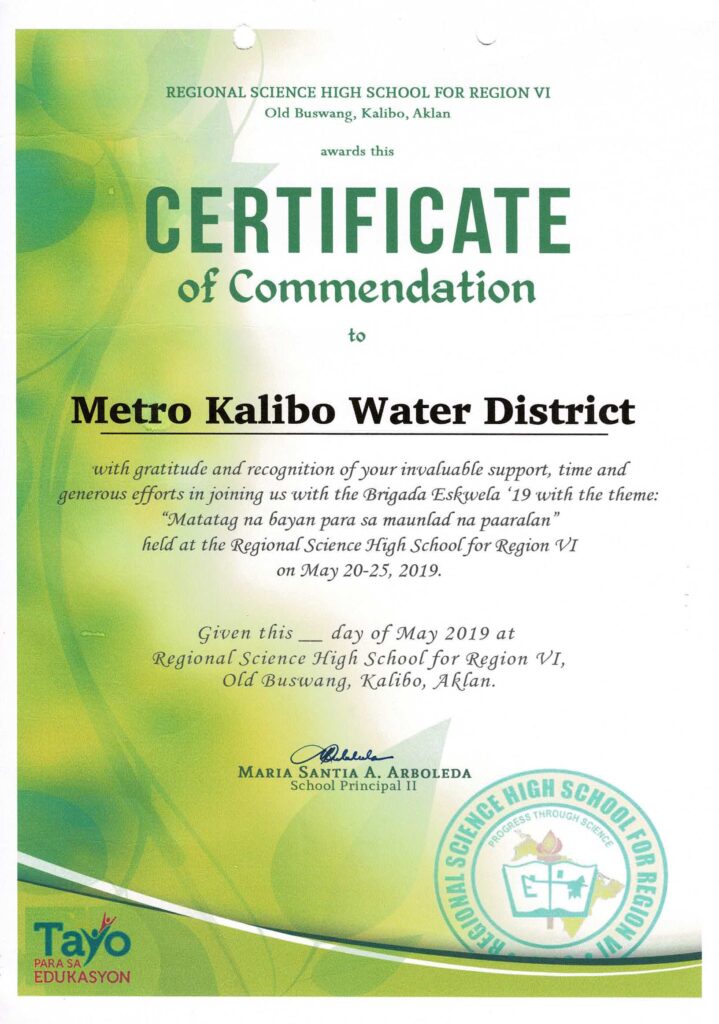
2023 18-DAY CAMPAIGN TO END VAWC
NATIONAL WOMEN'S MONTH 2023
NATIONAL WOMEN'S MONTH 2023
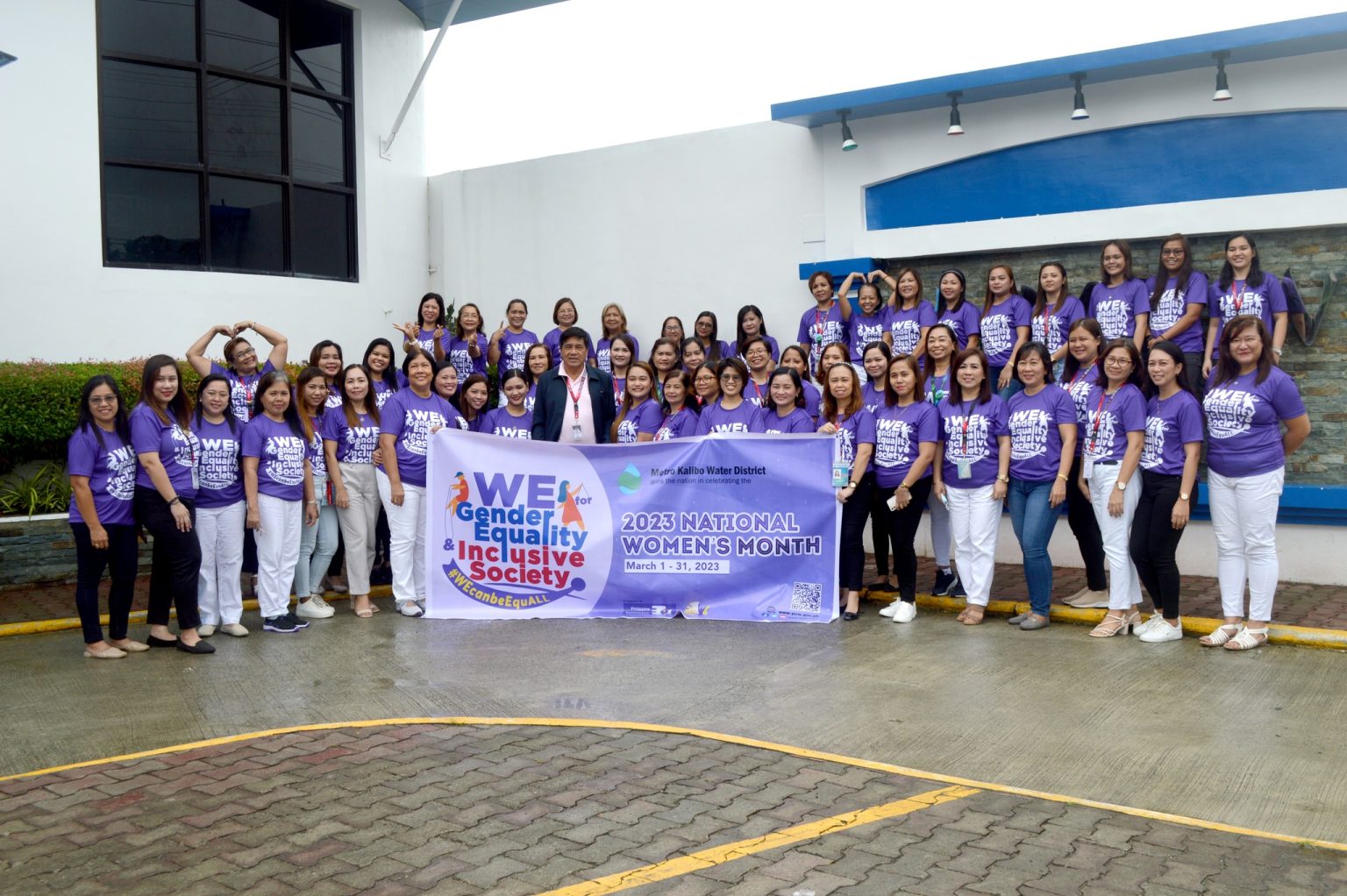
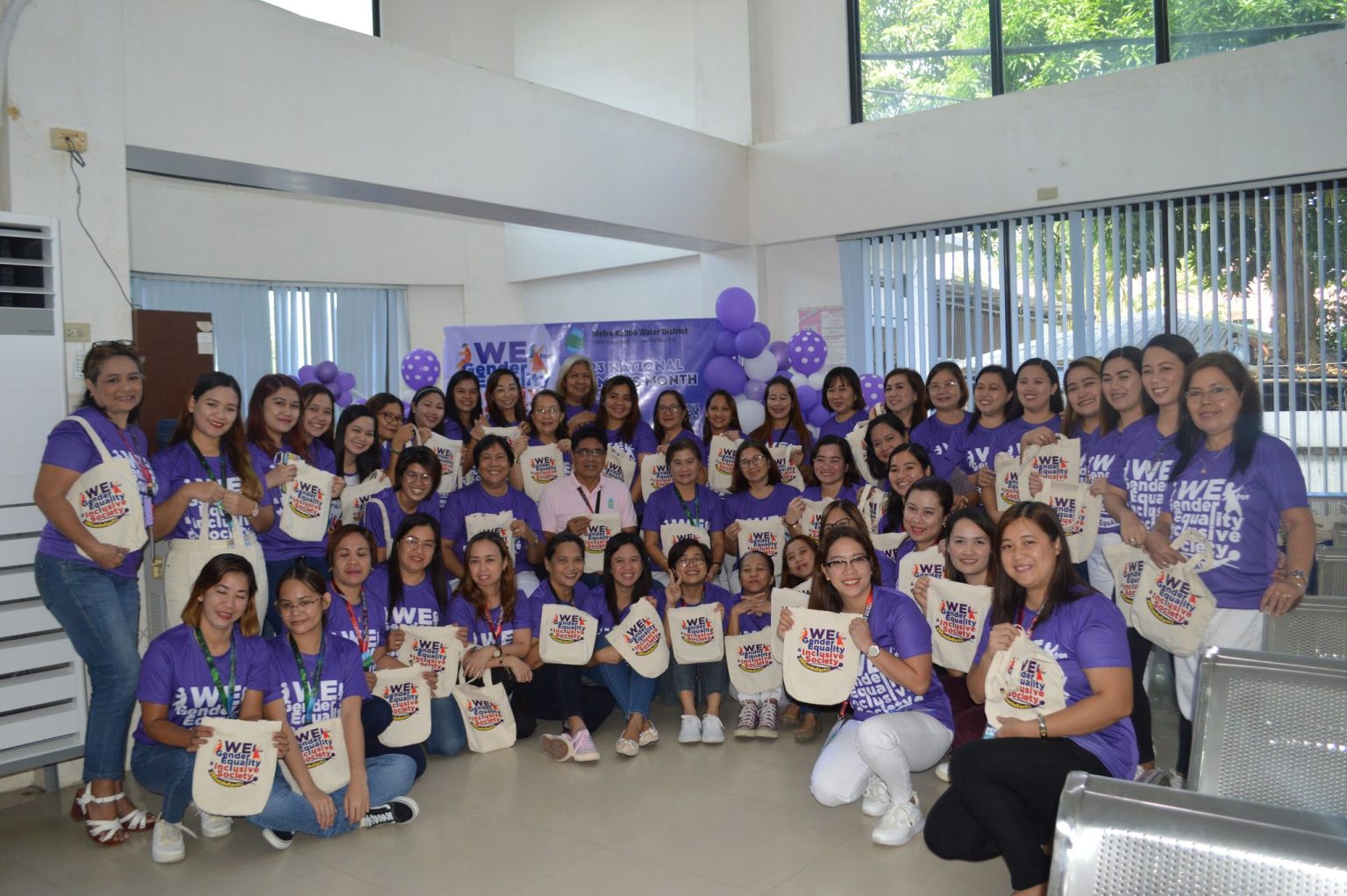
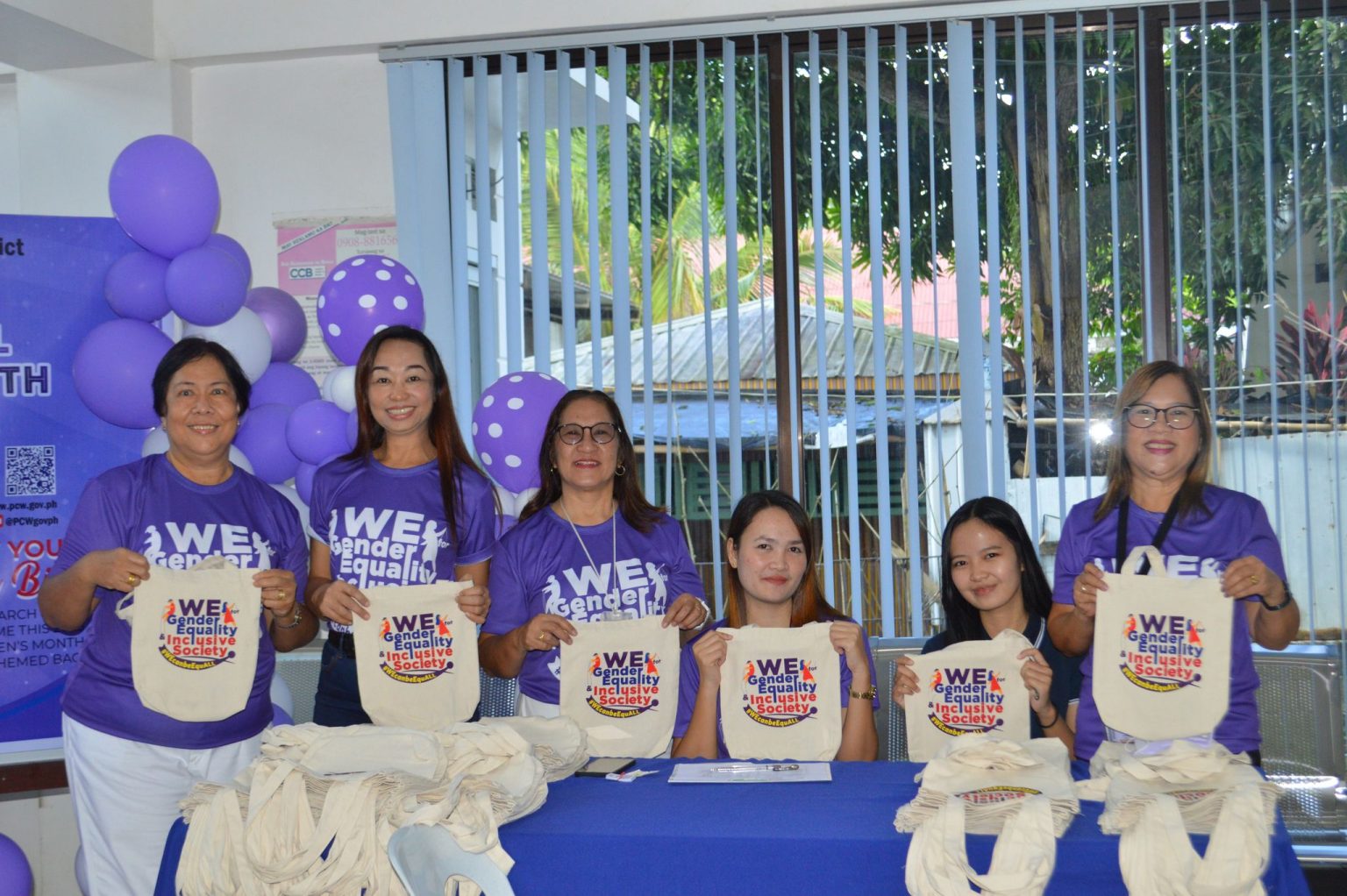
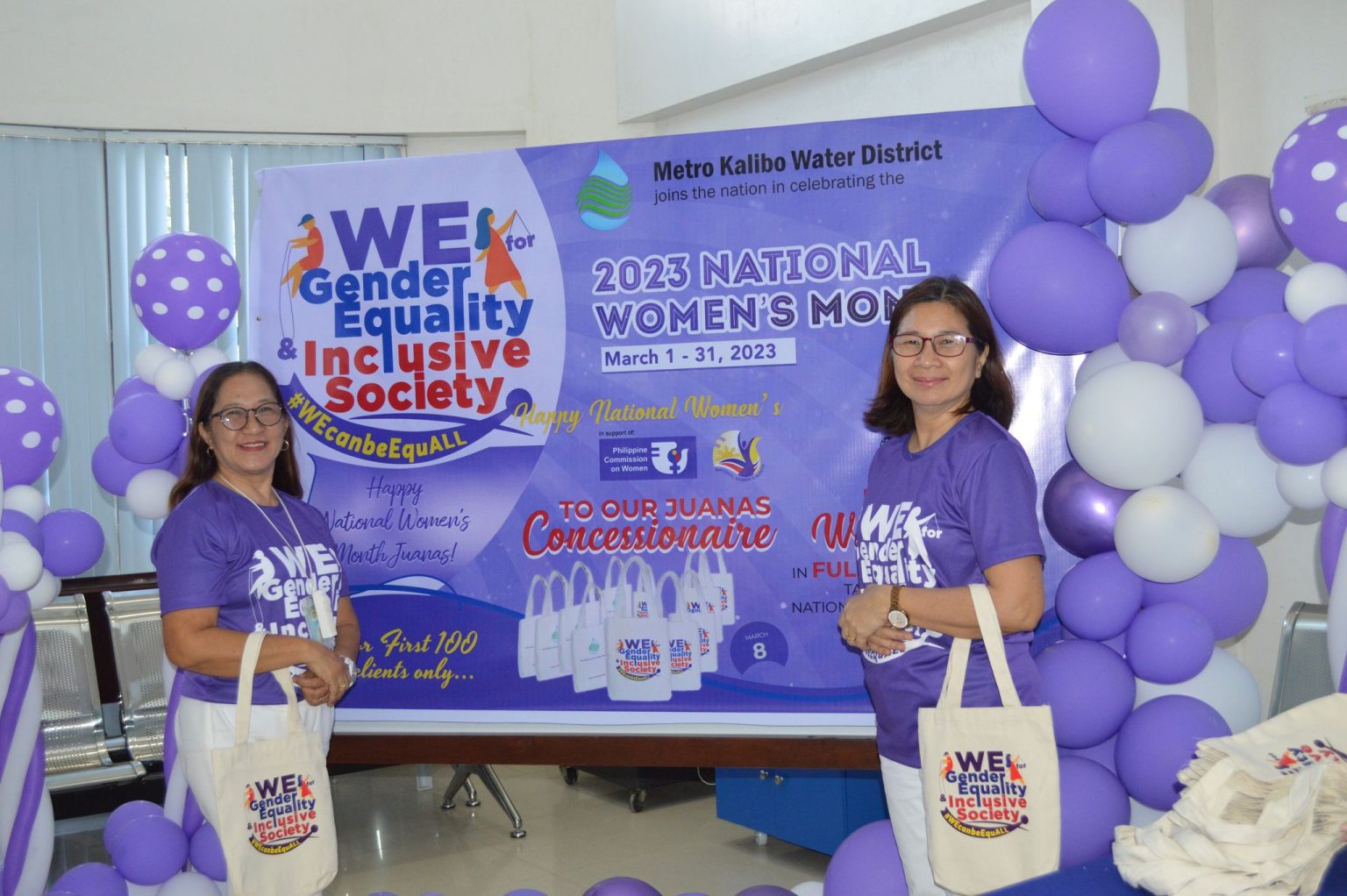
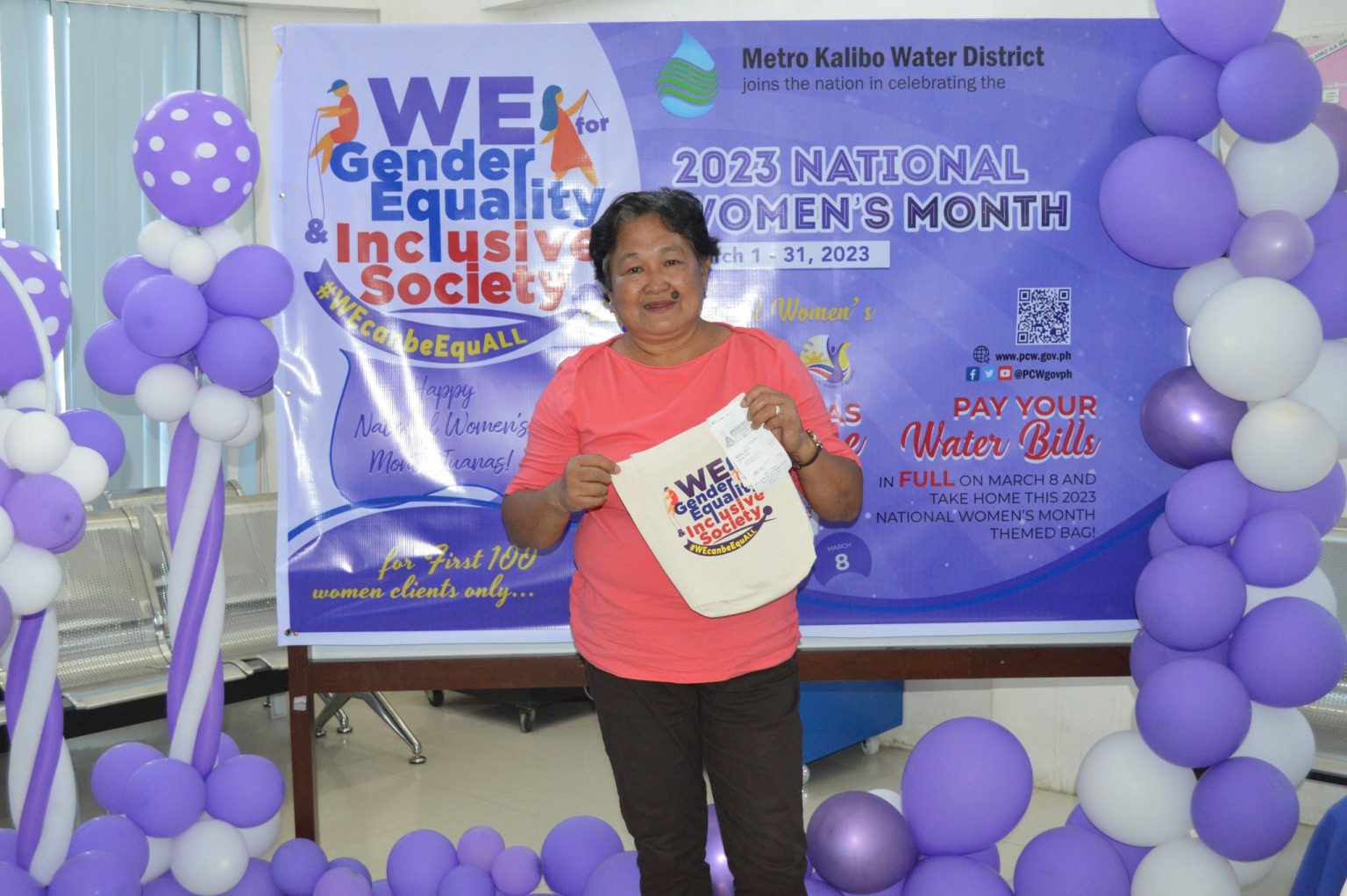
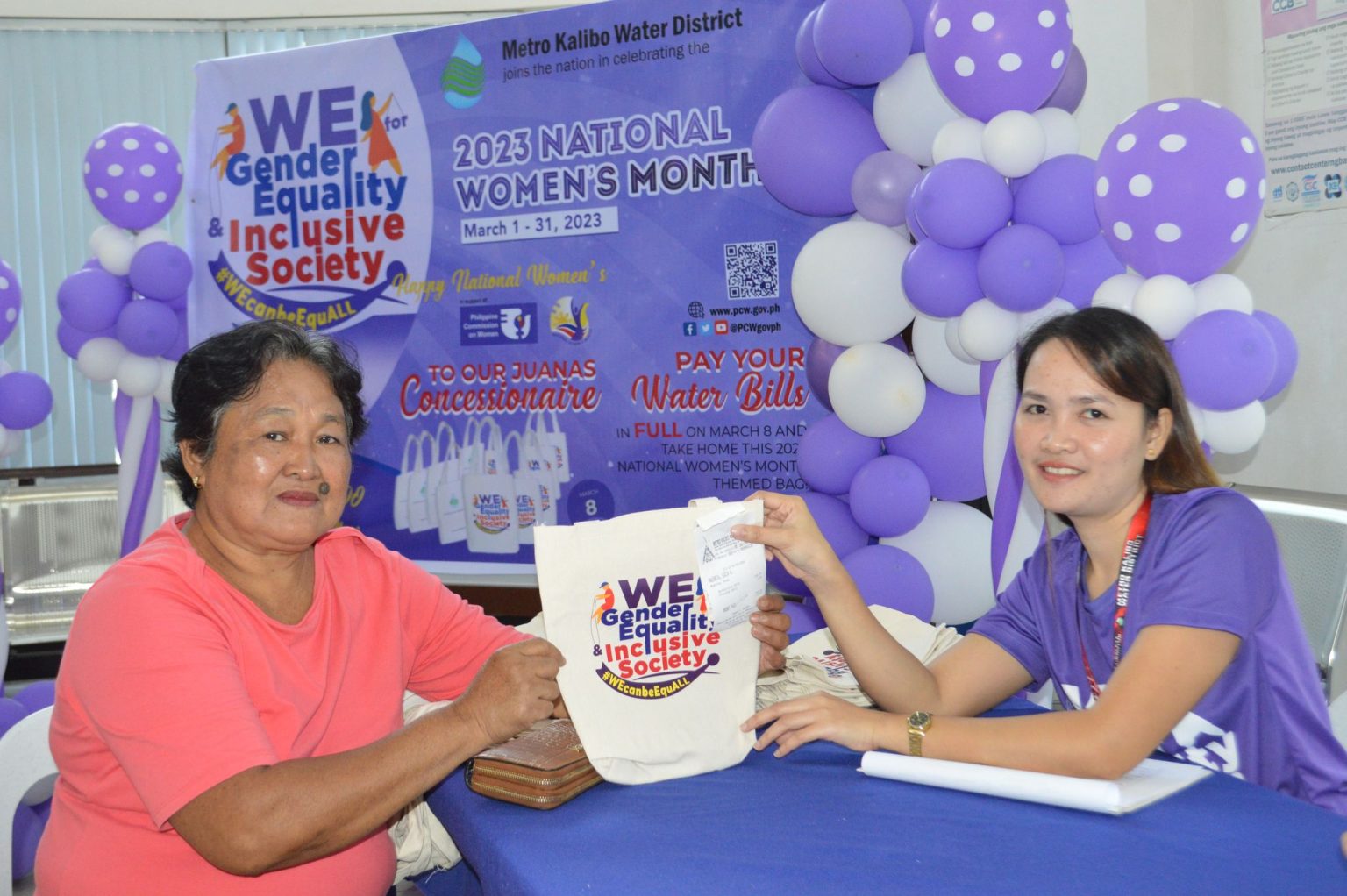
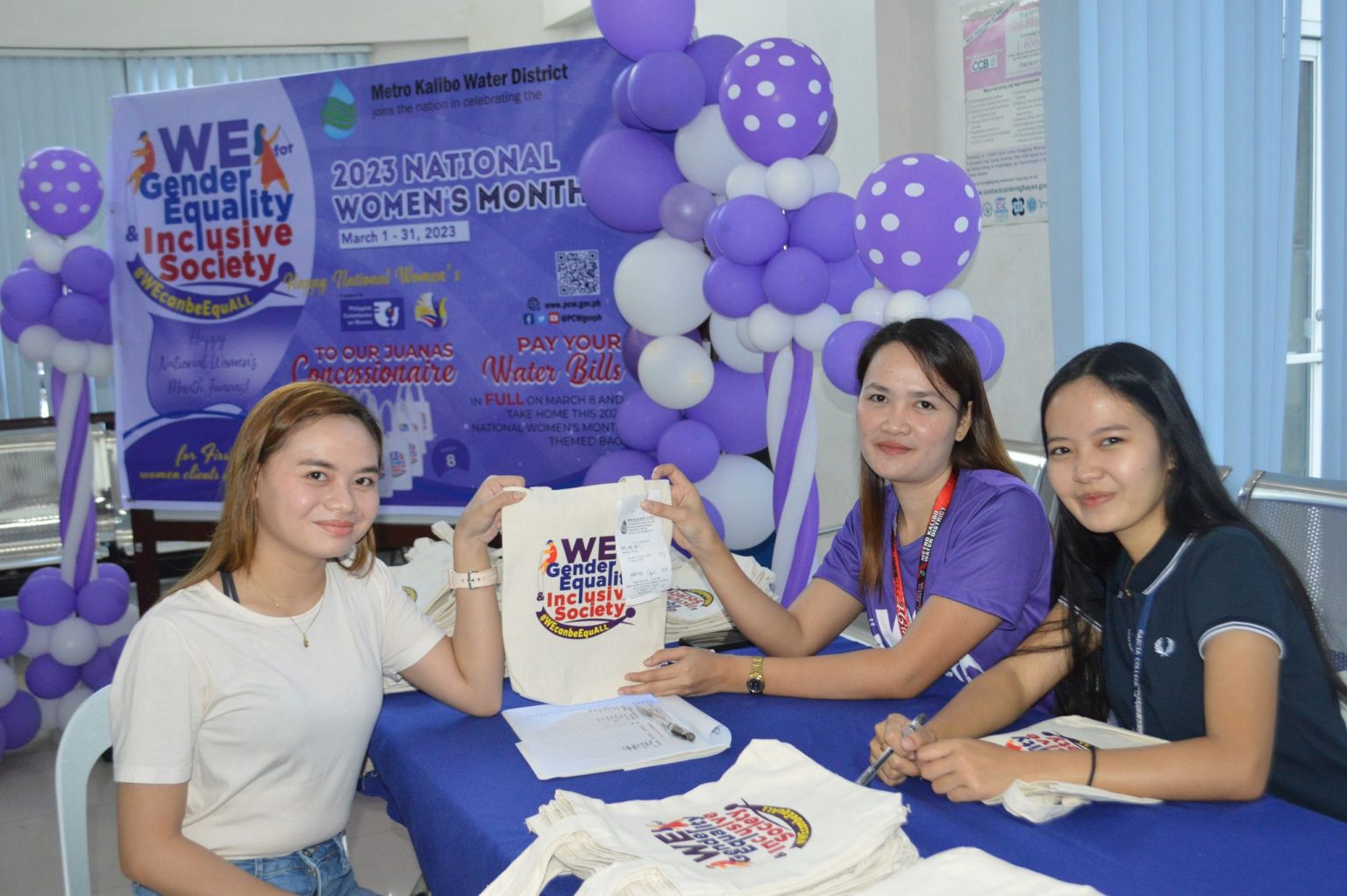
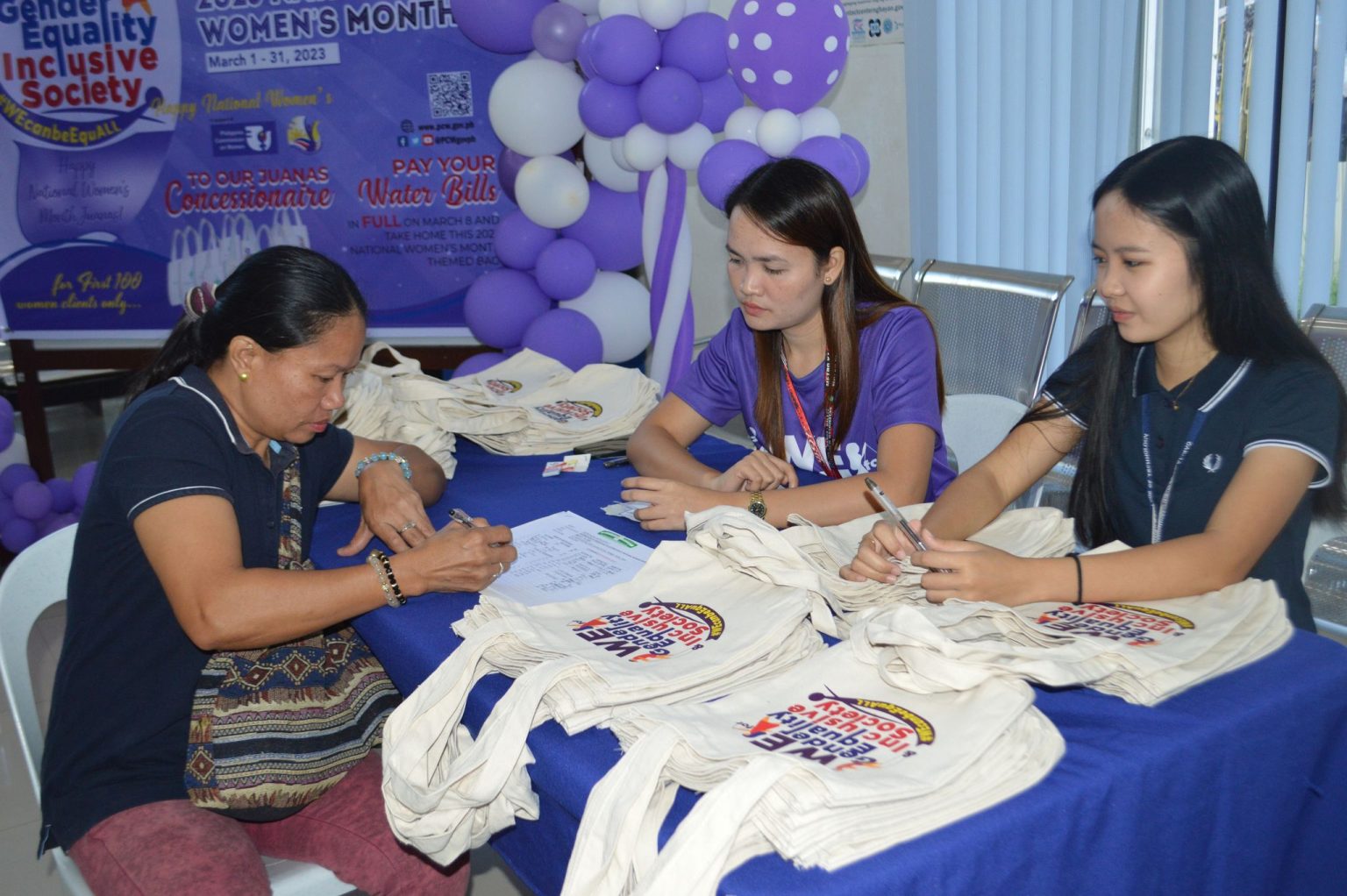
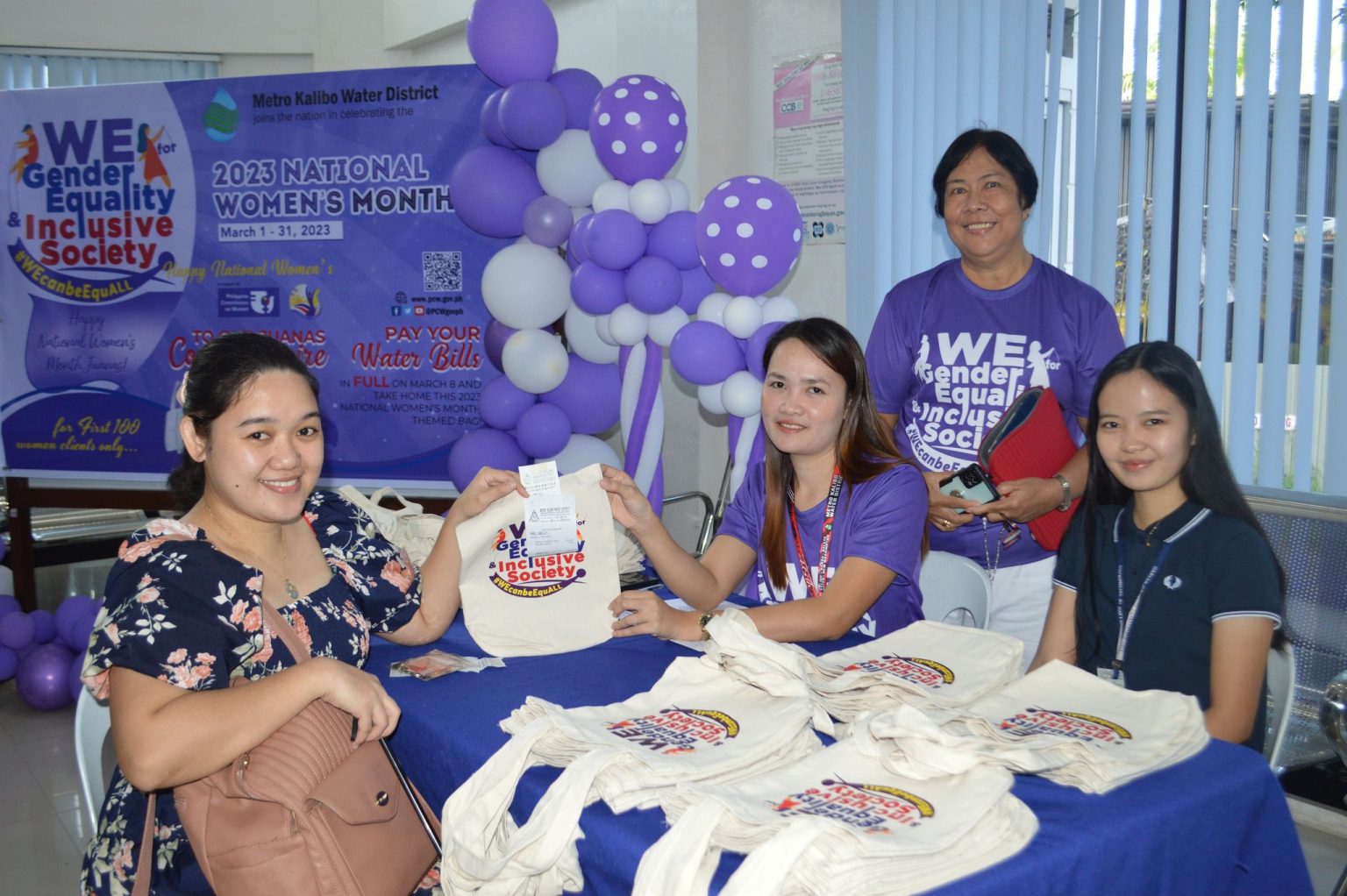
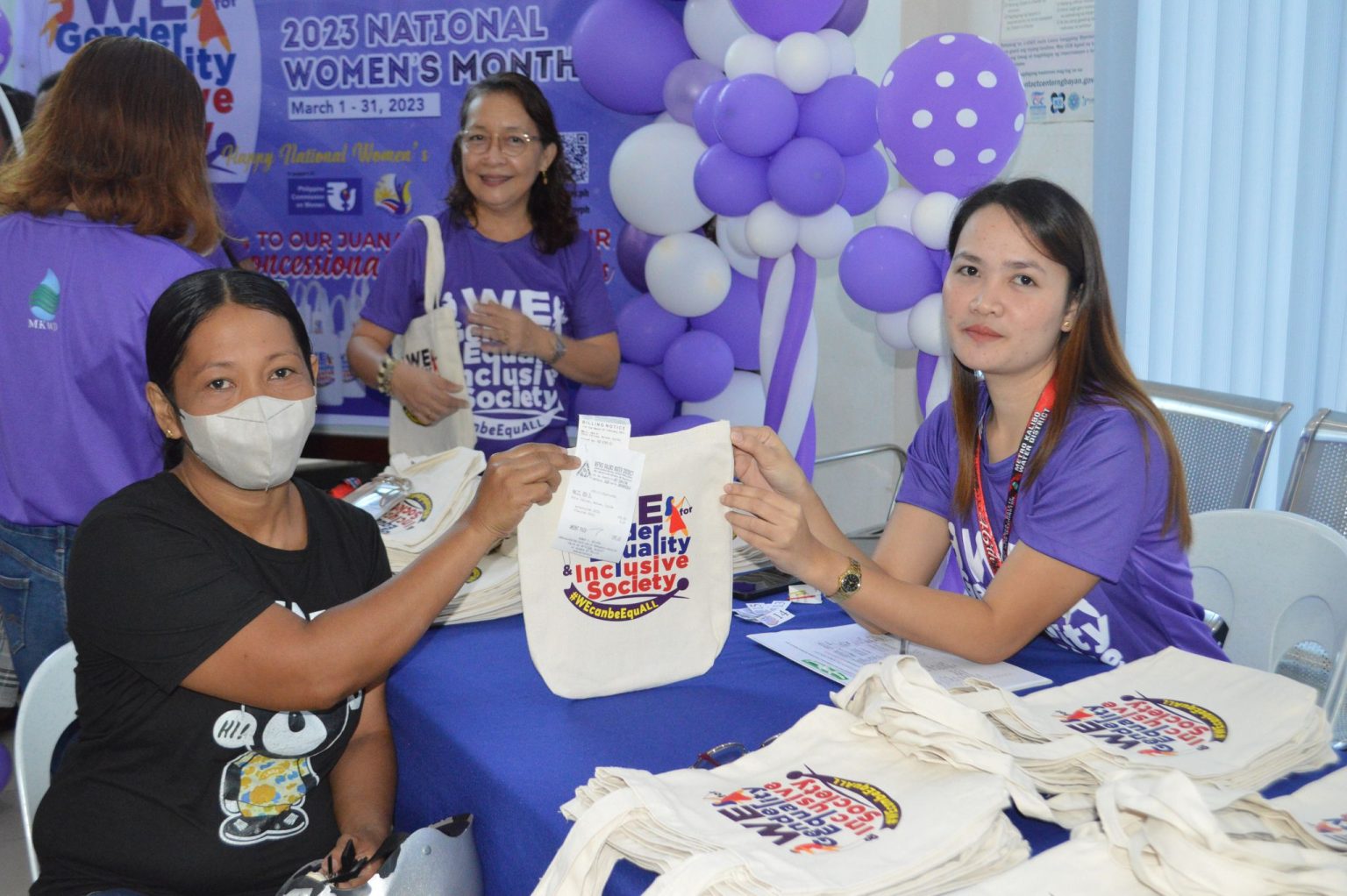
BRIGADA ESKWELA
RSHS VI
(Replacement of Defective Faucets and Maintenance Work in Washing/Drinking Area)
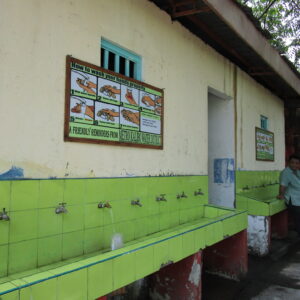
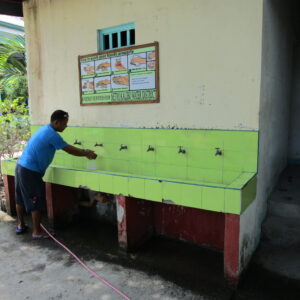
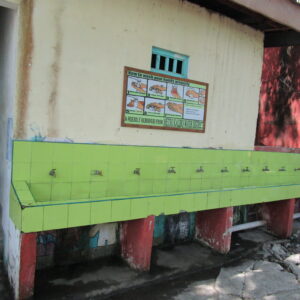
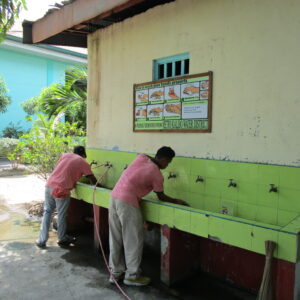
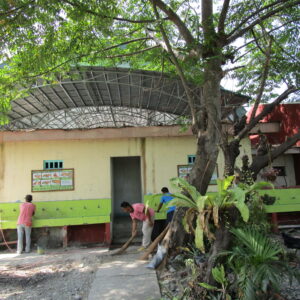
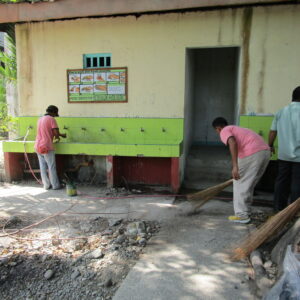
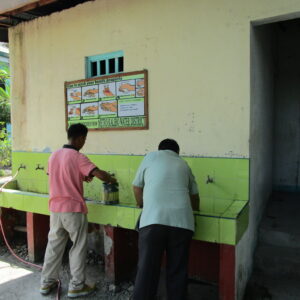
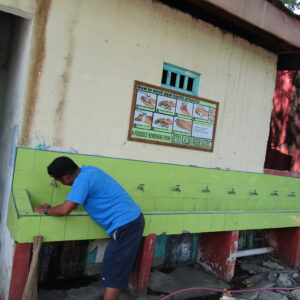
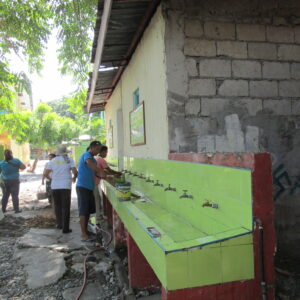
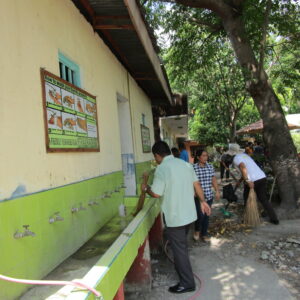
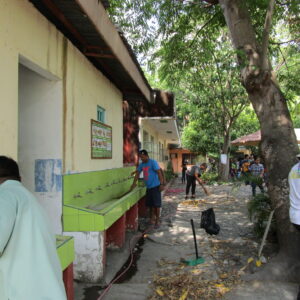
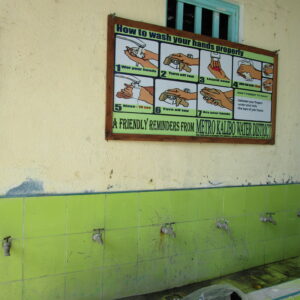
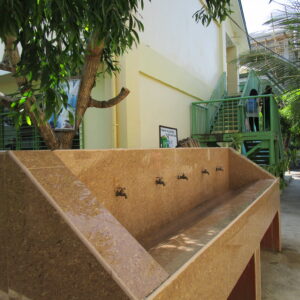
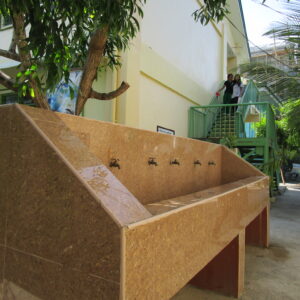
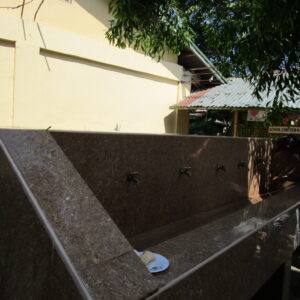
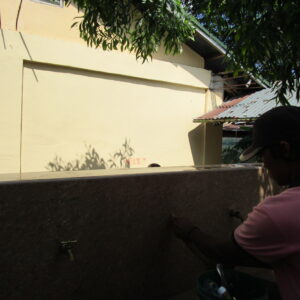
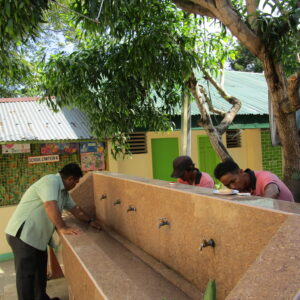
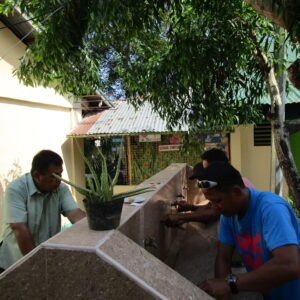
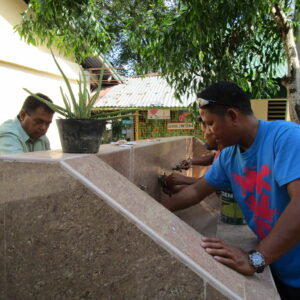
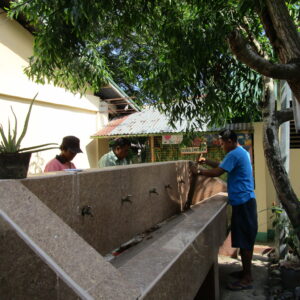
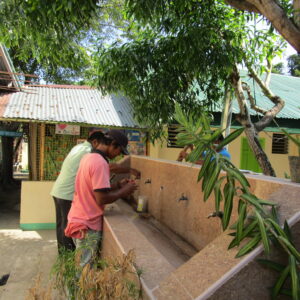
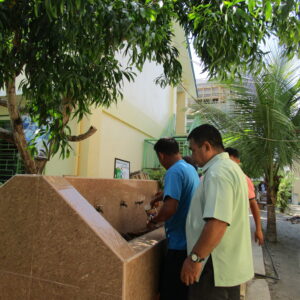
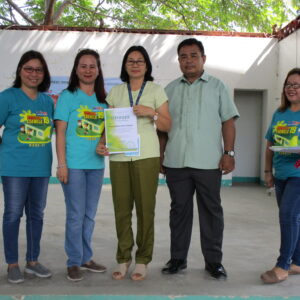
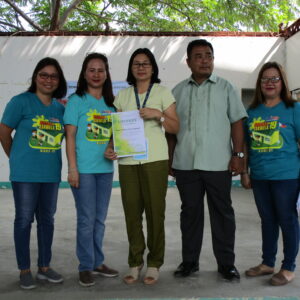
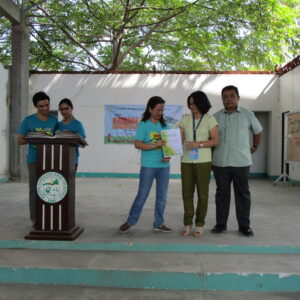
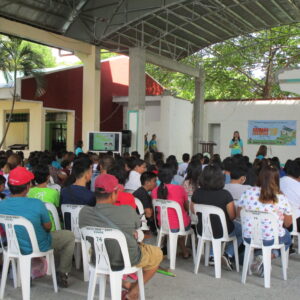
KPES
(Maintenance Works of Drinking Fountain and Washing Area)
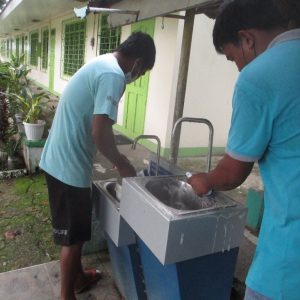
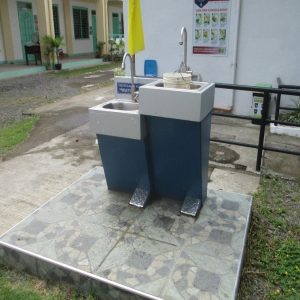
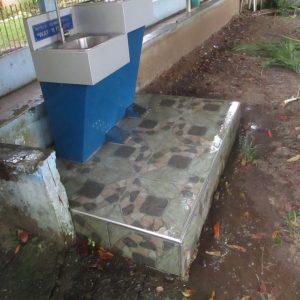
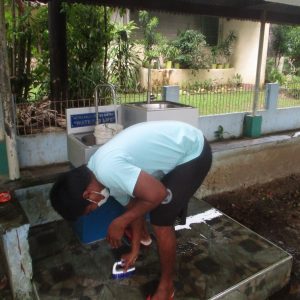
KES
(Maintenance Works of Drinking Fountain and Washing Area)
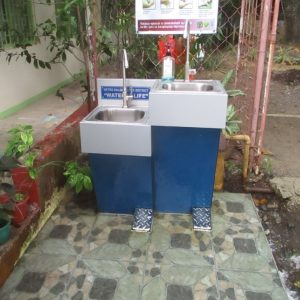
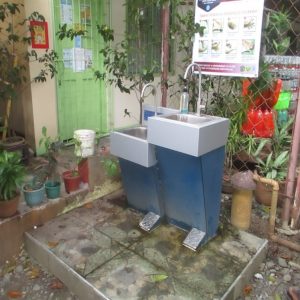
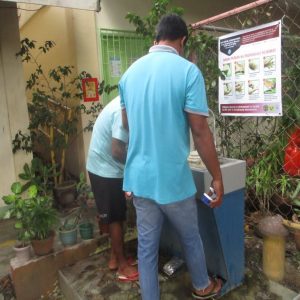

6 UNITS OF DRINKING FOUNTAIN IN VARIOUS AREA IN KALIBO 2020
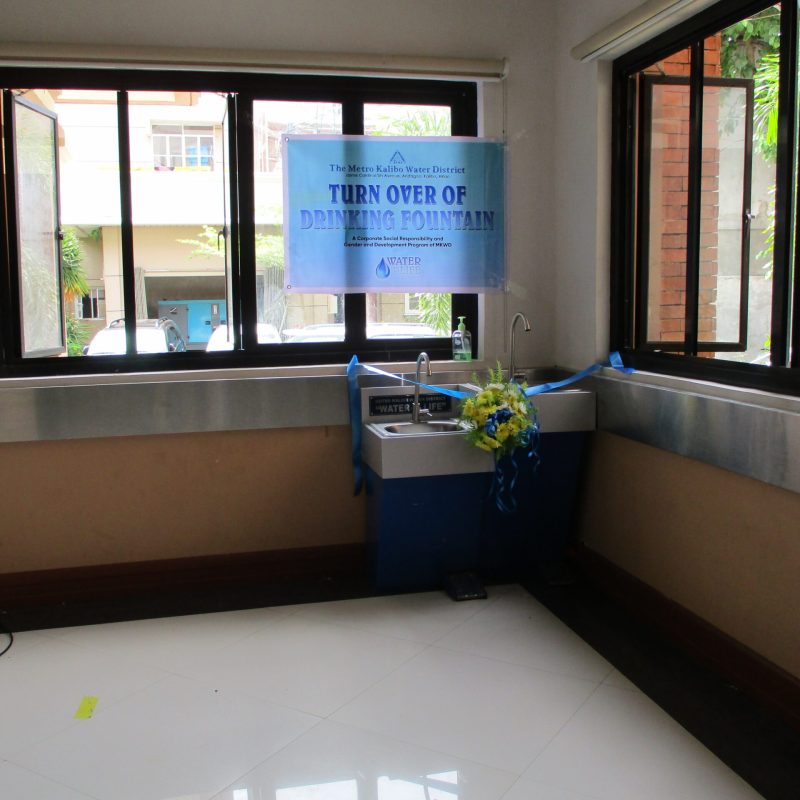
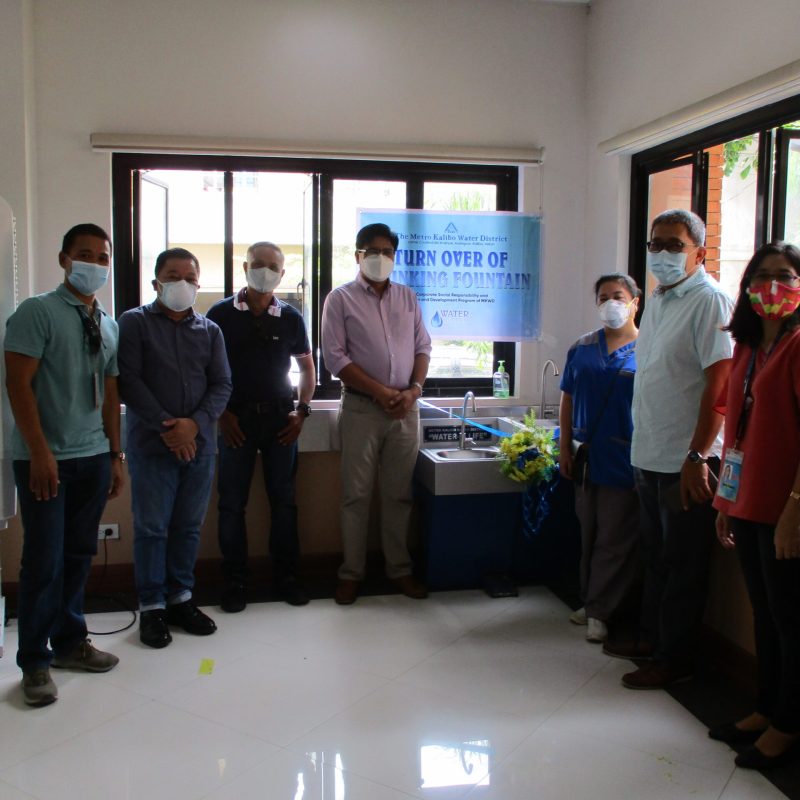
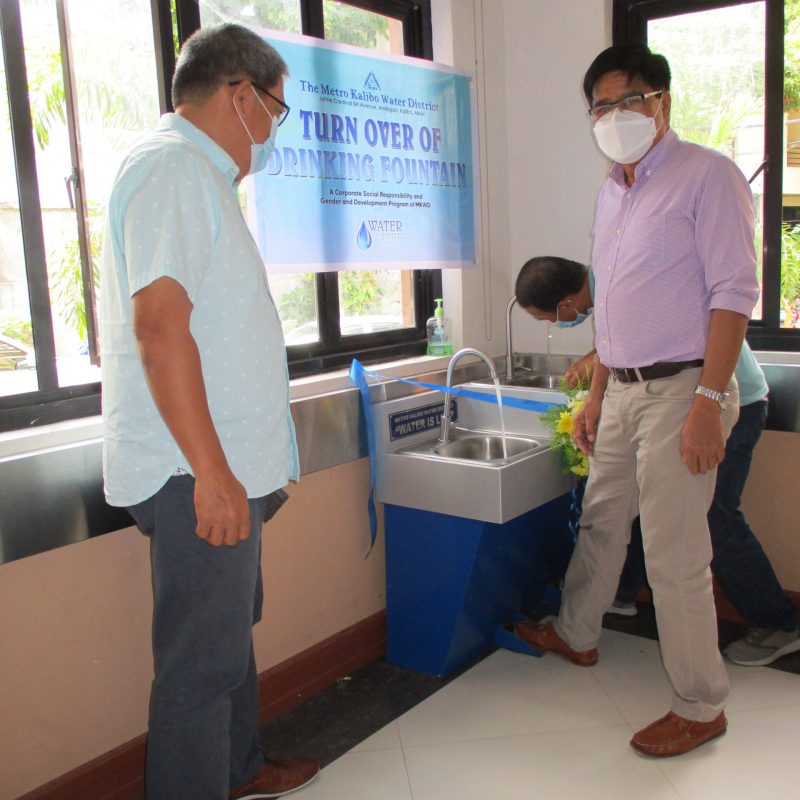
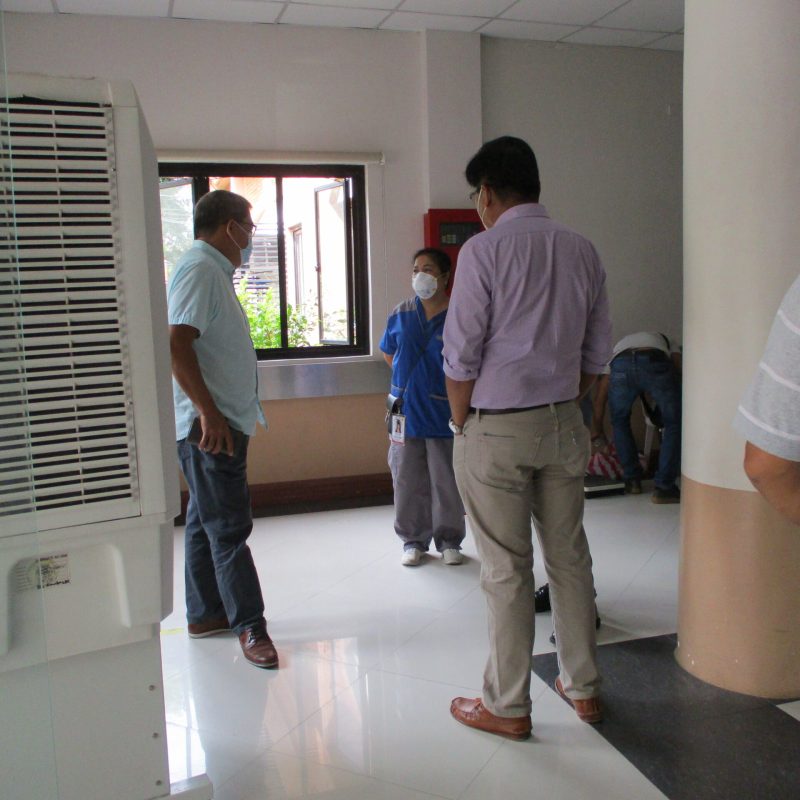
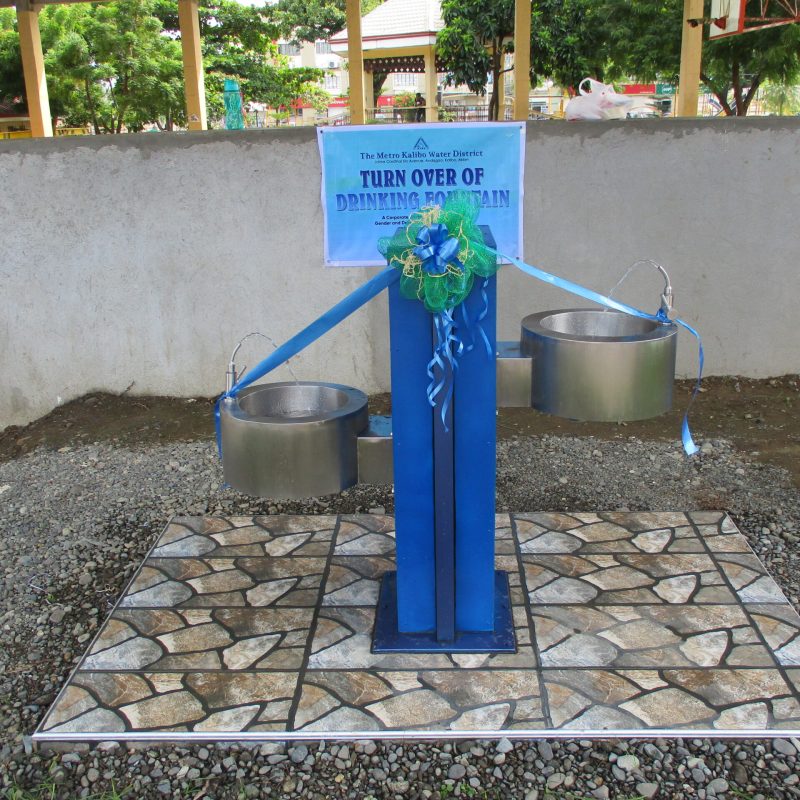
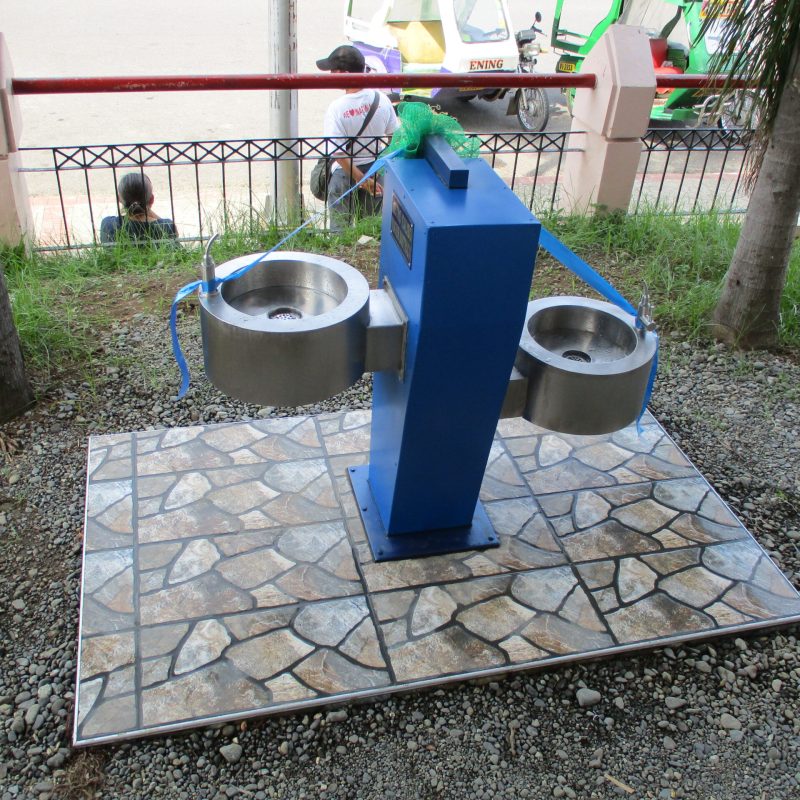
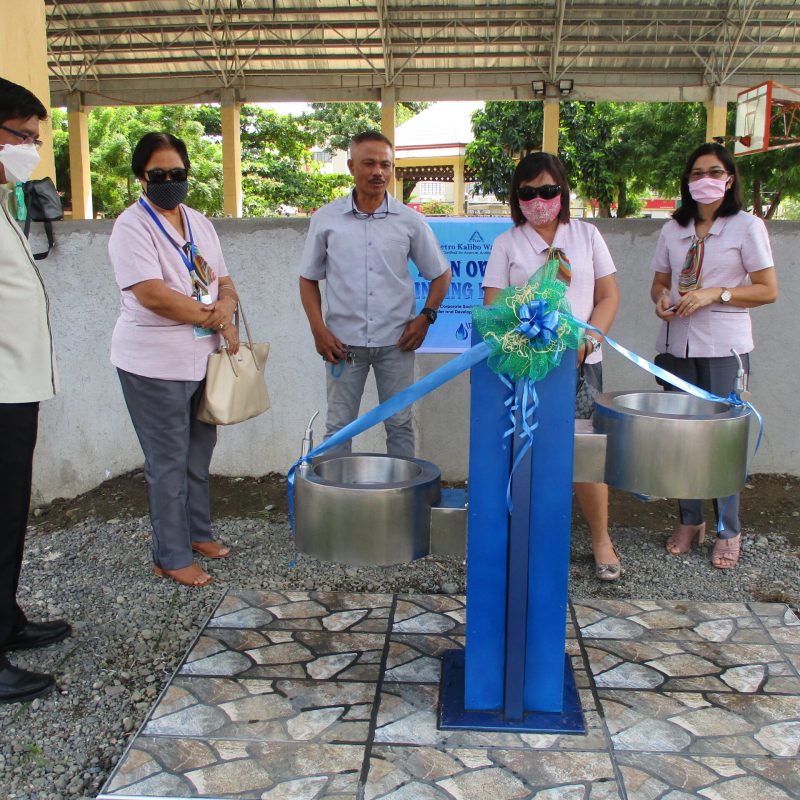
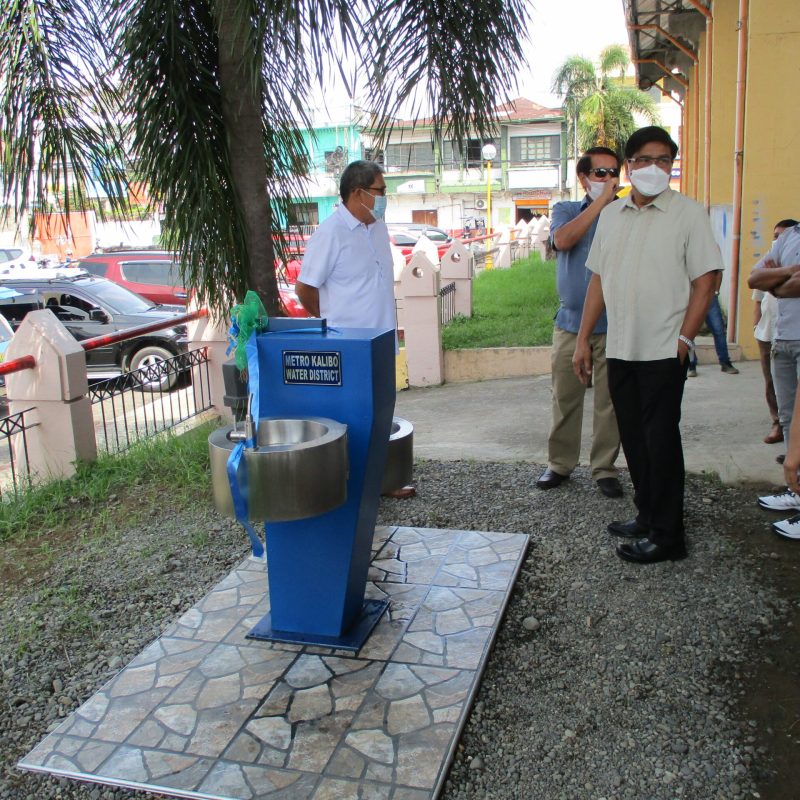
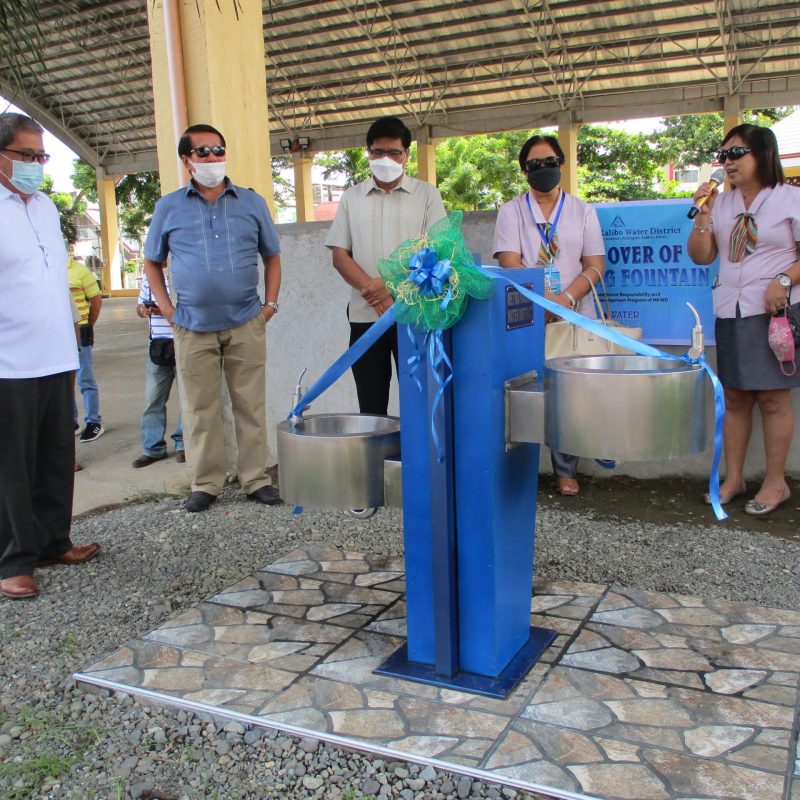
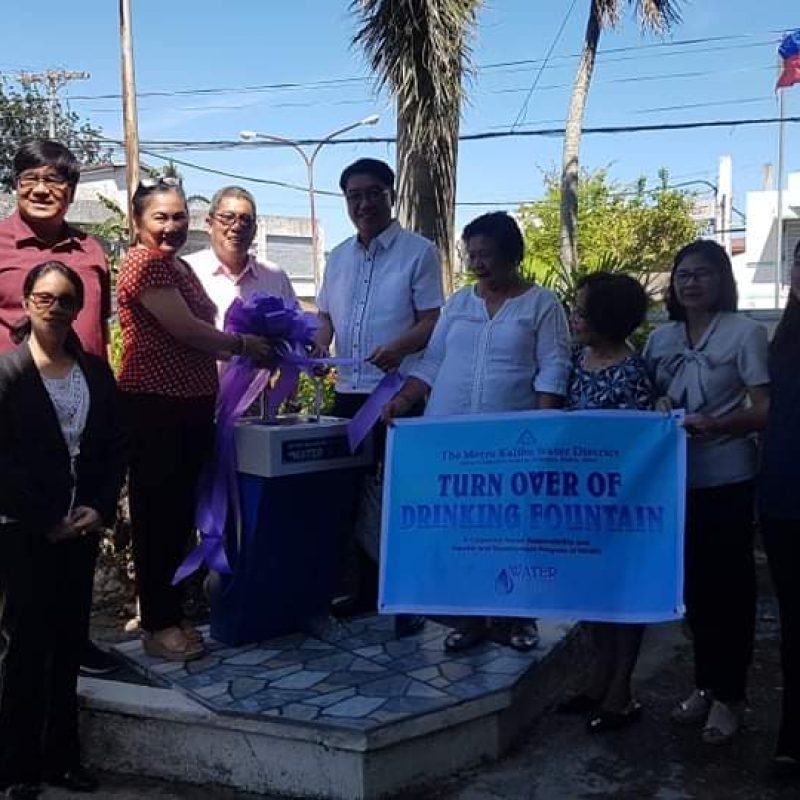
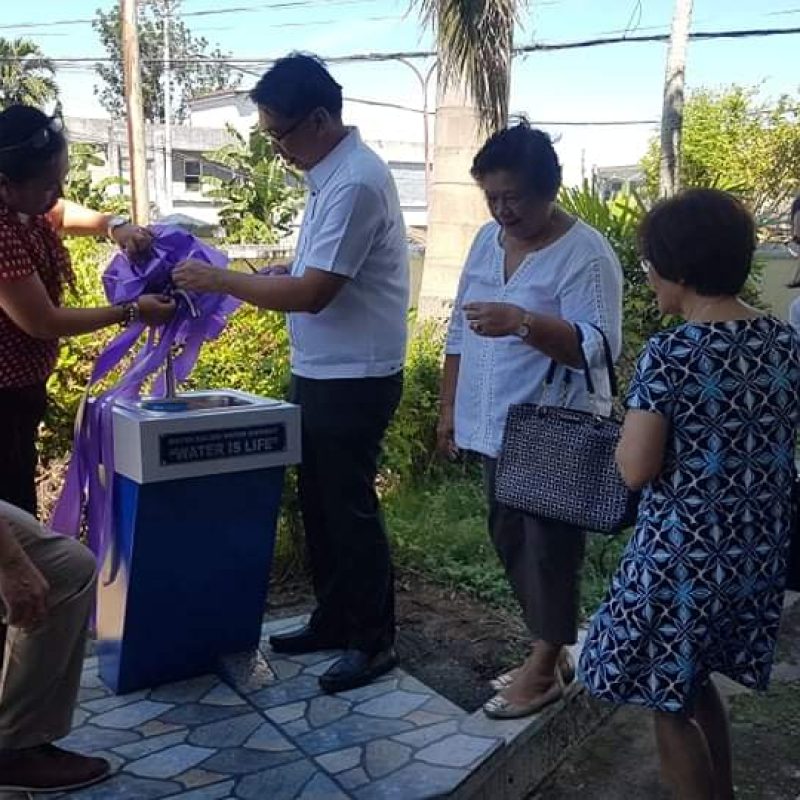
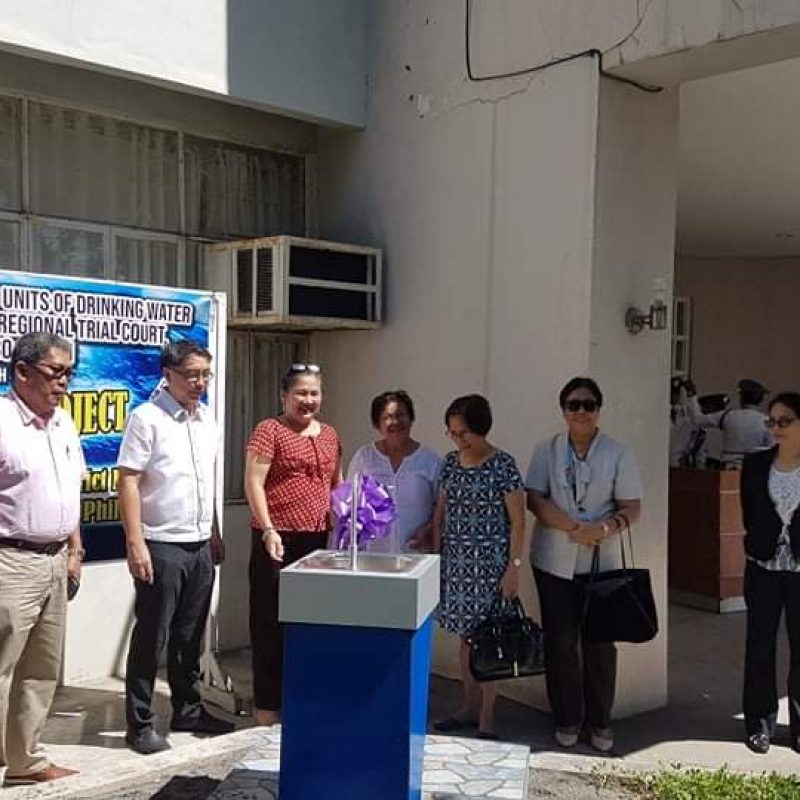
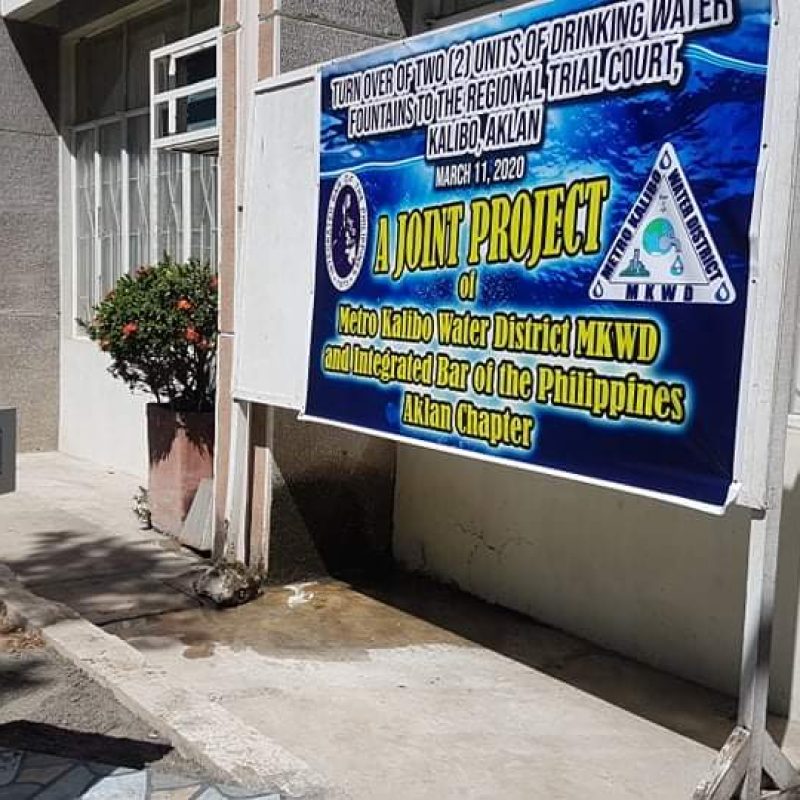
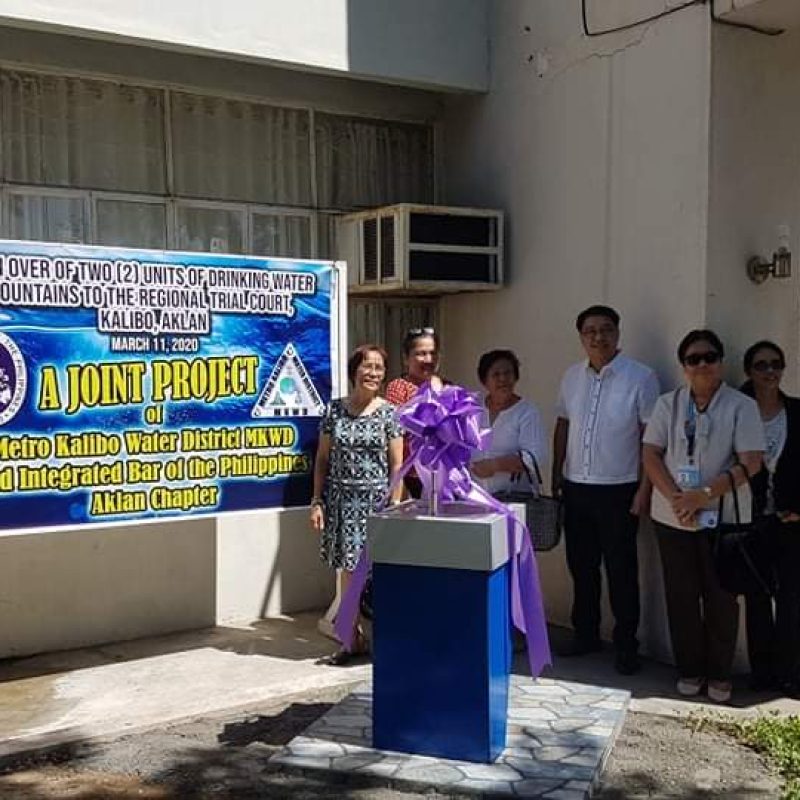
14 UNITS OF DRINKING FOUNTAIN IN VARIOUS AREA IN KALIBO 2021
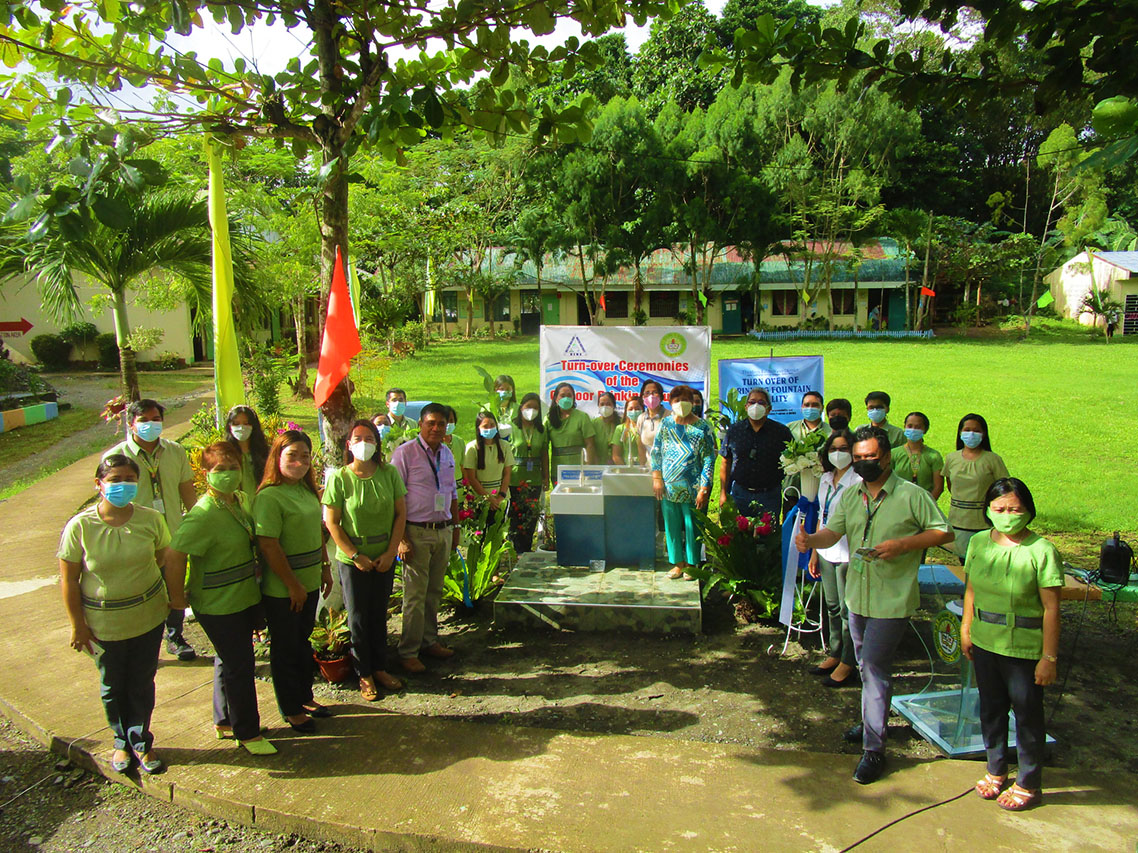
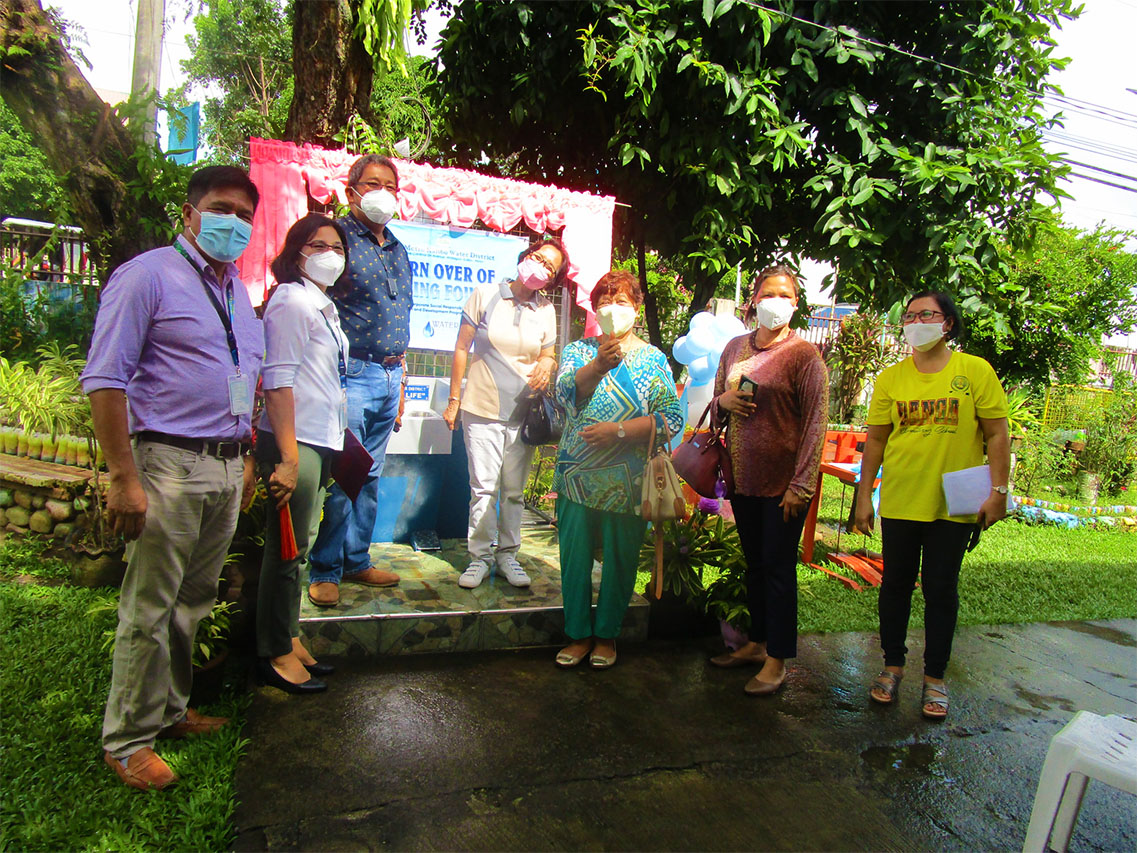
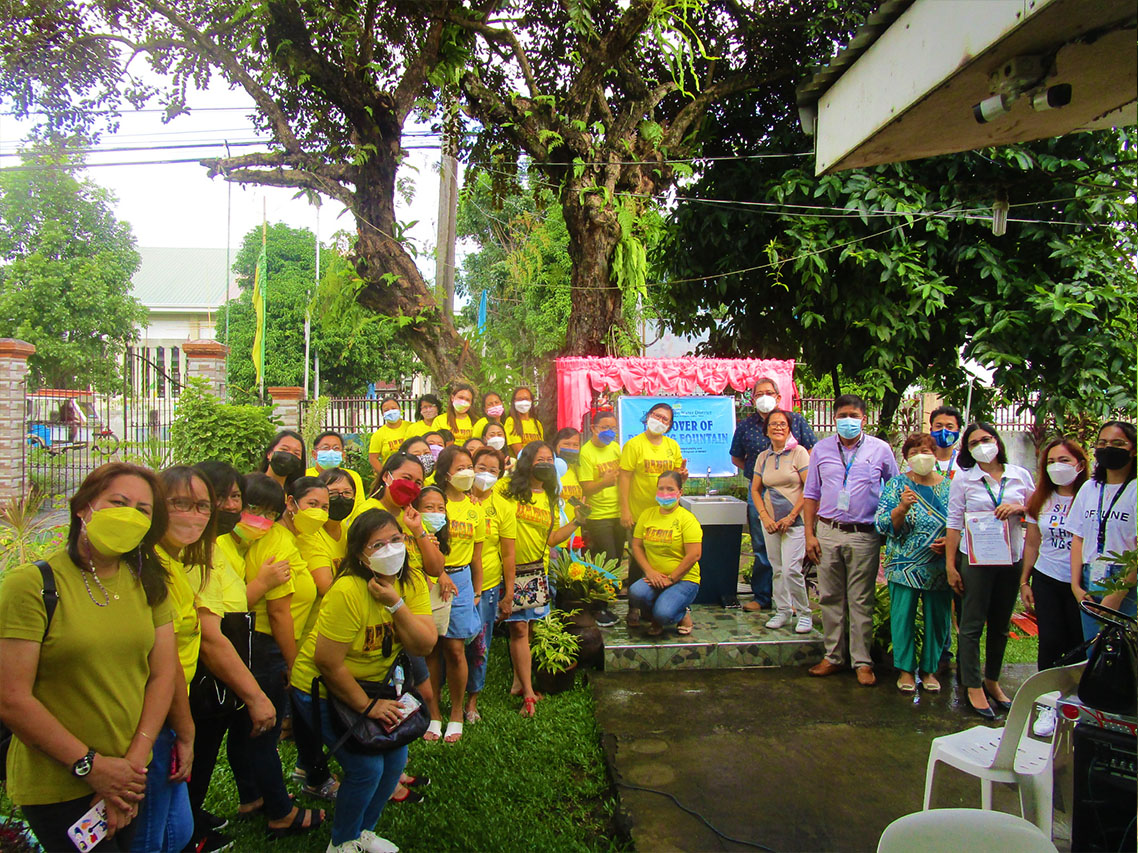
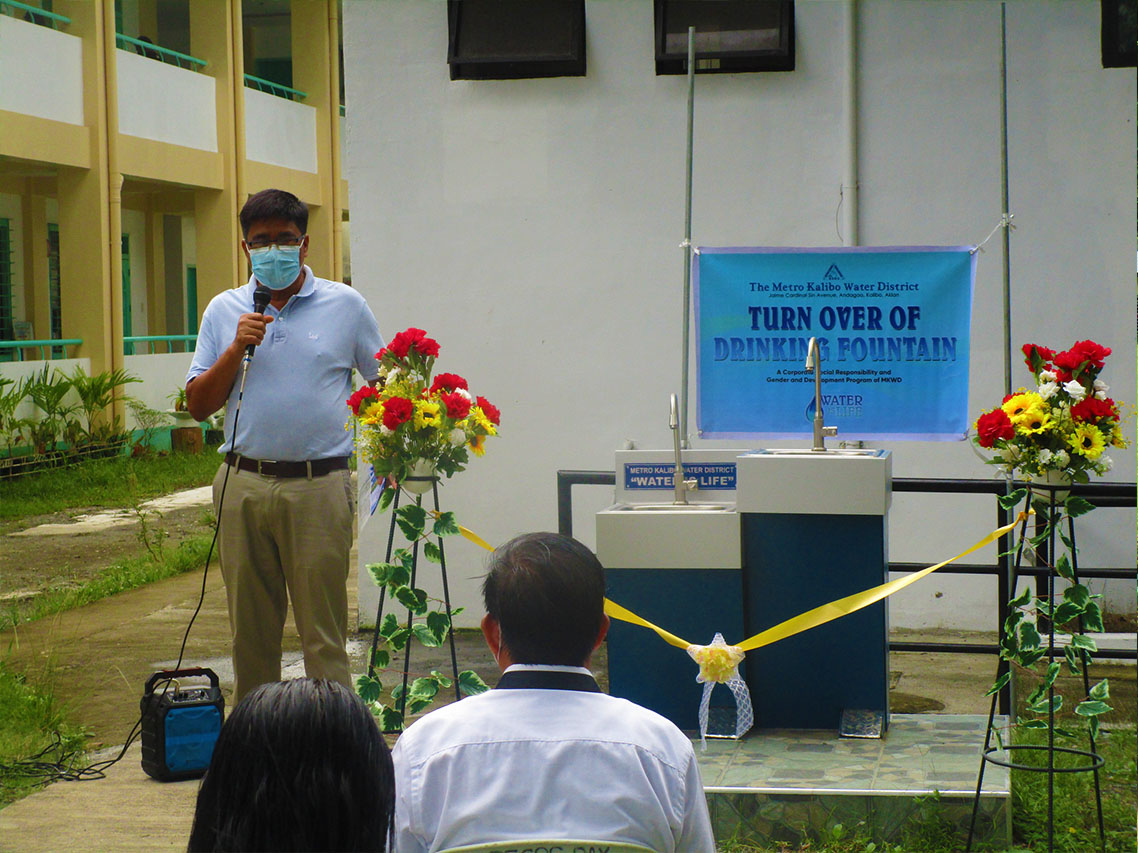
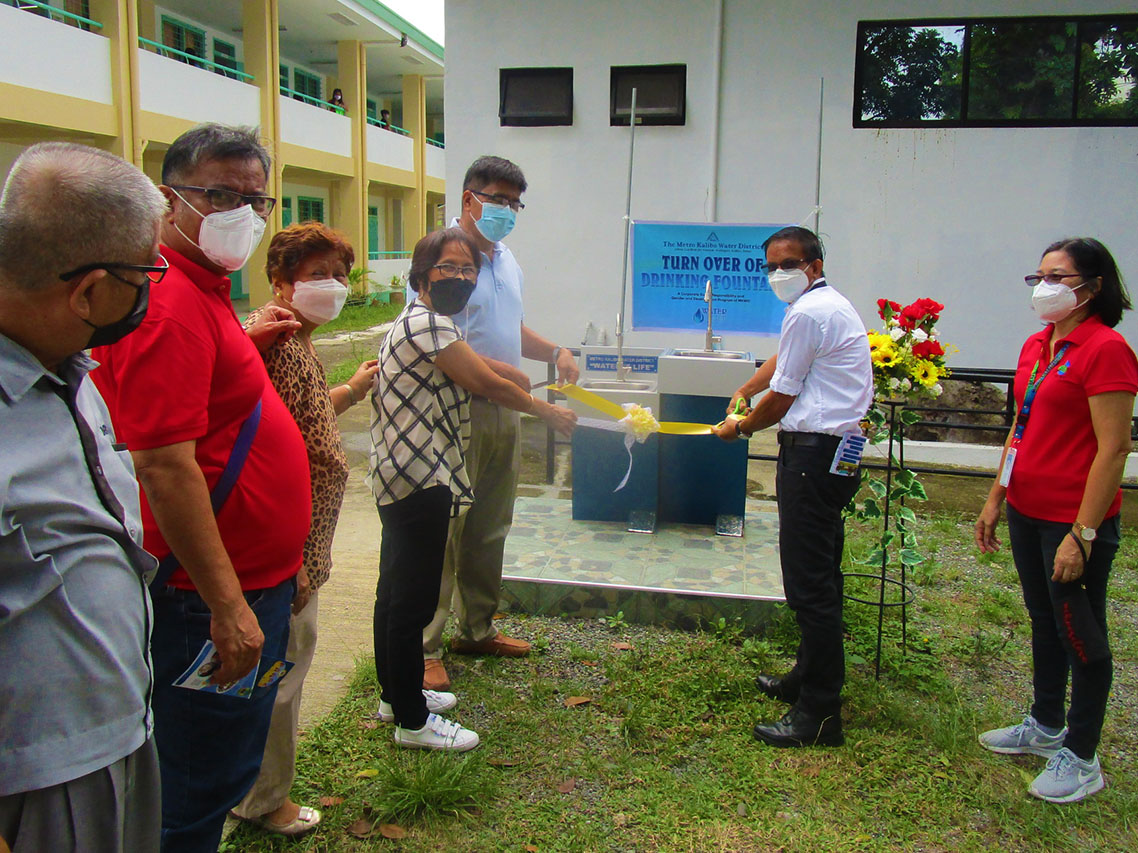
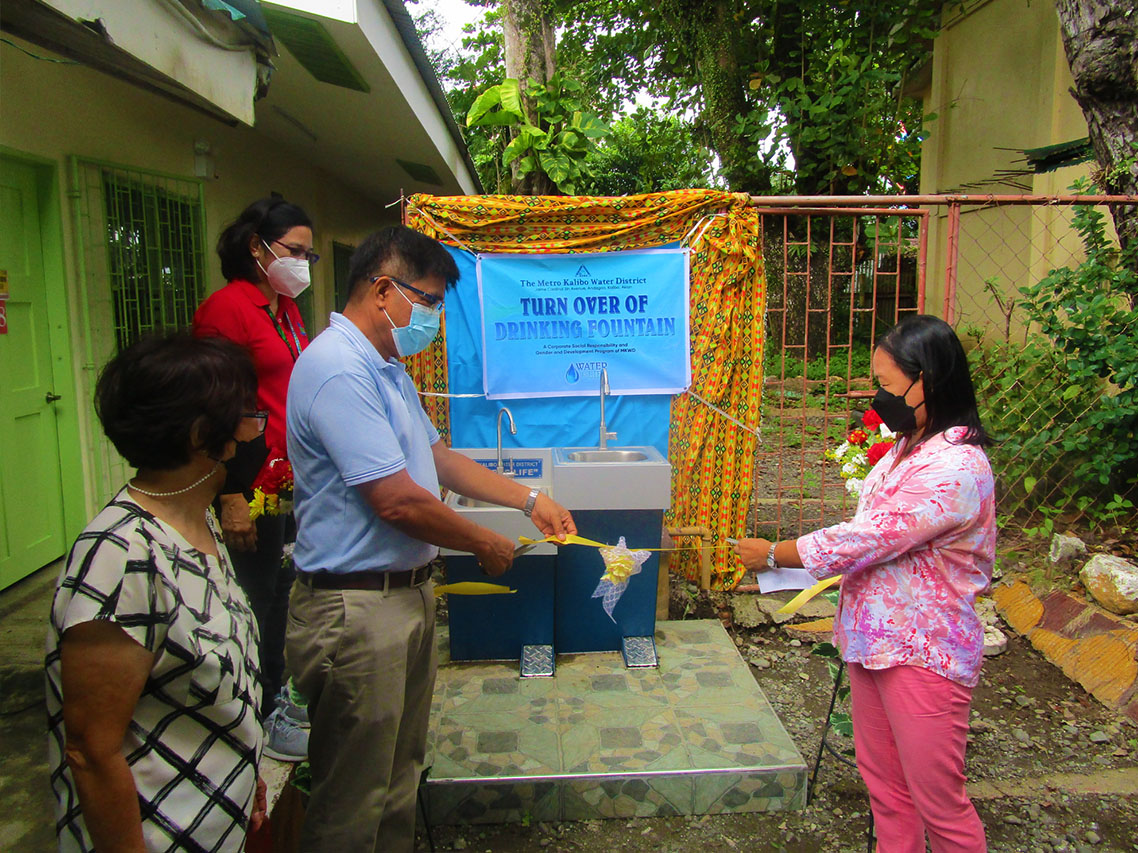

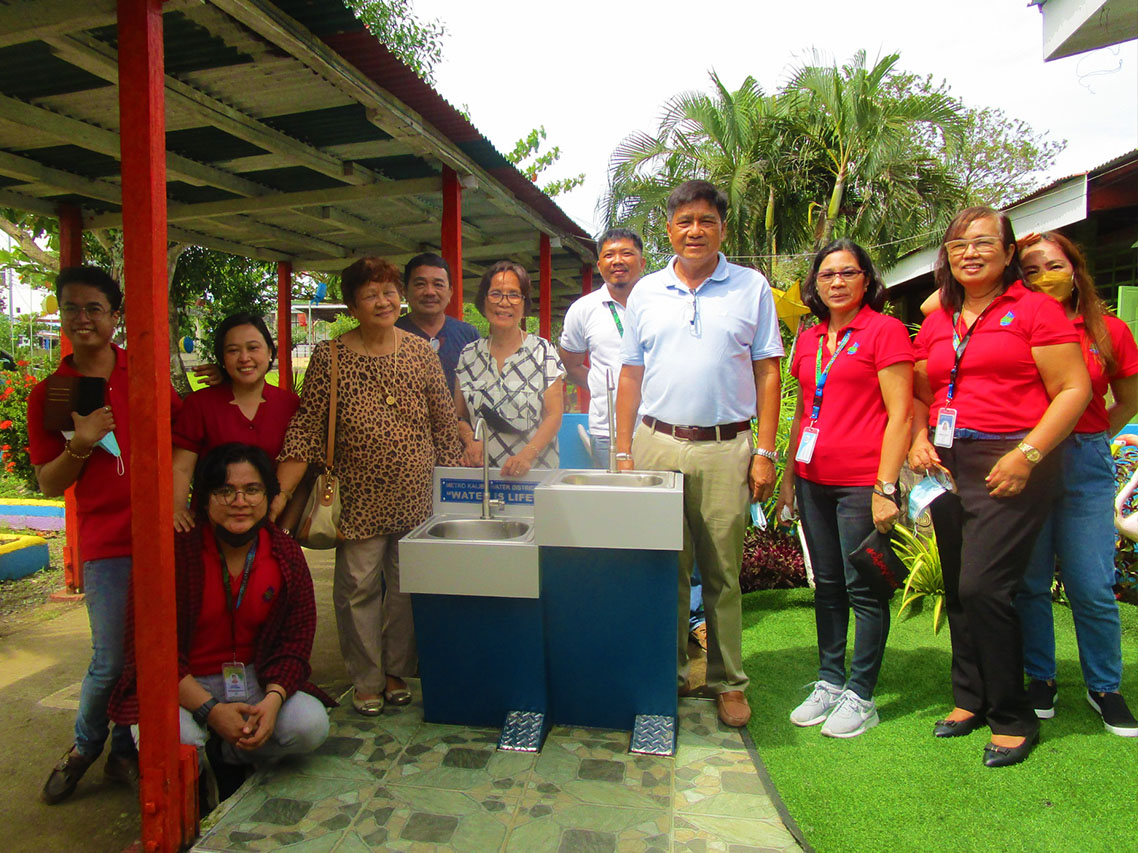
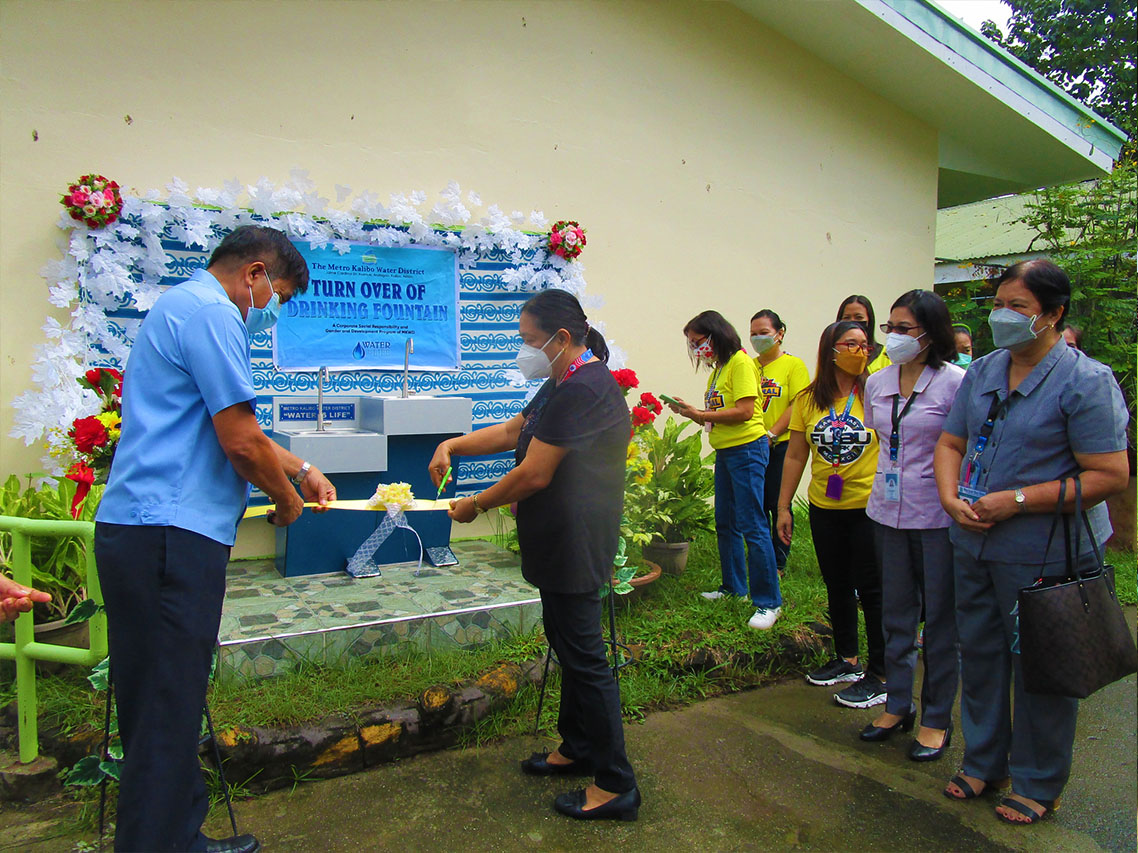
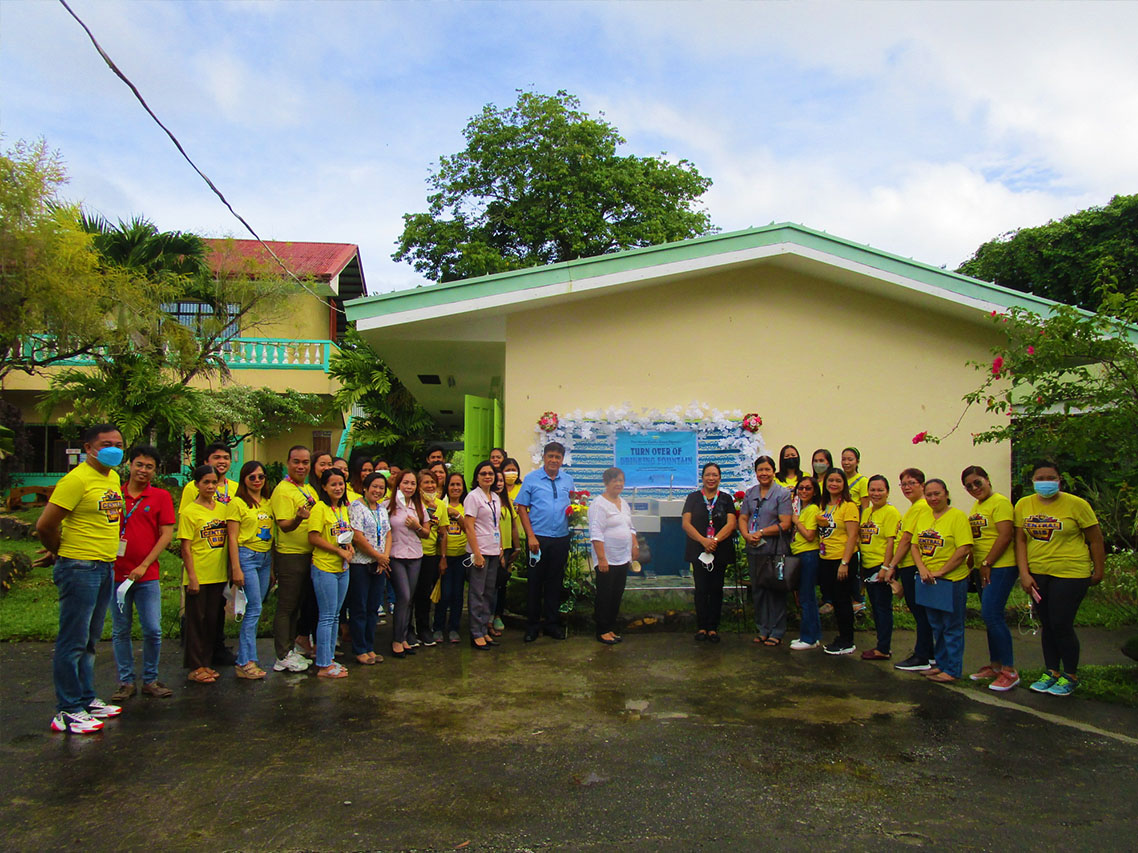
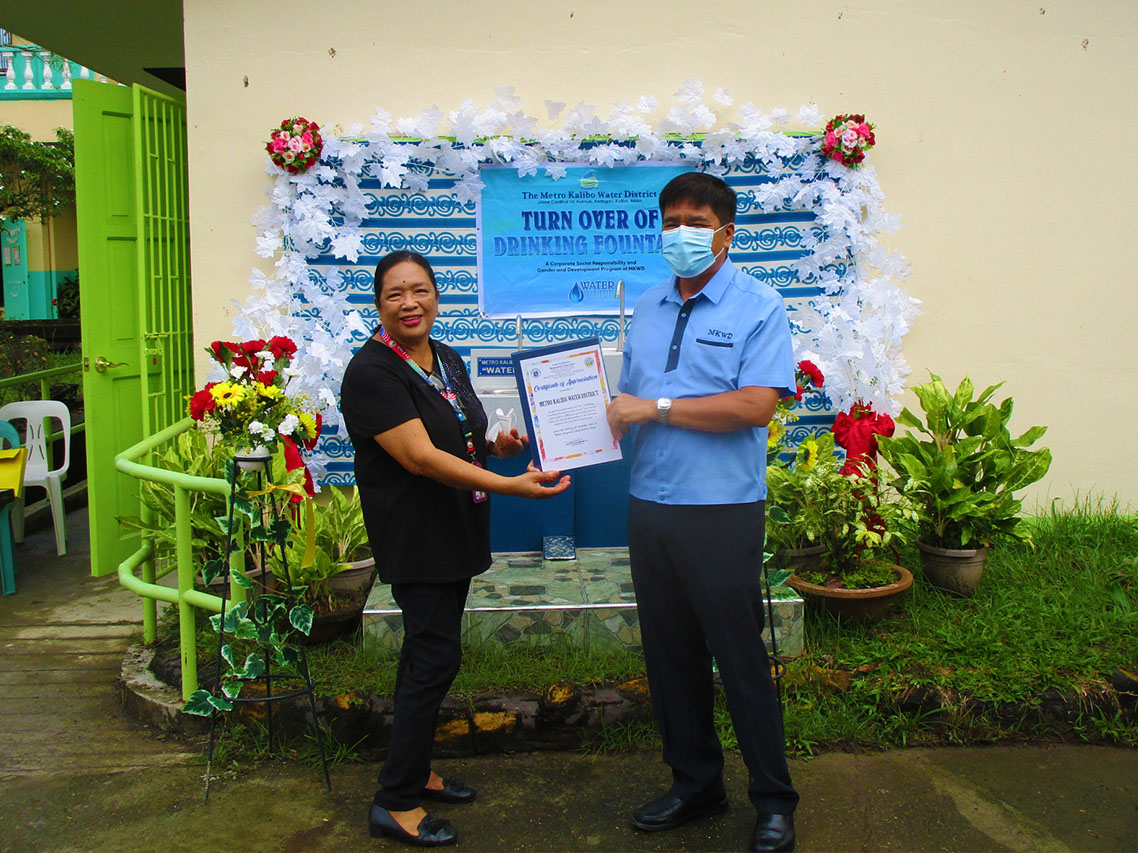
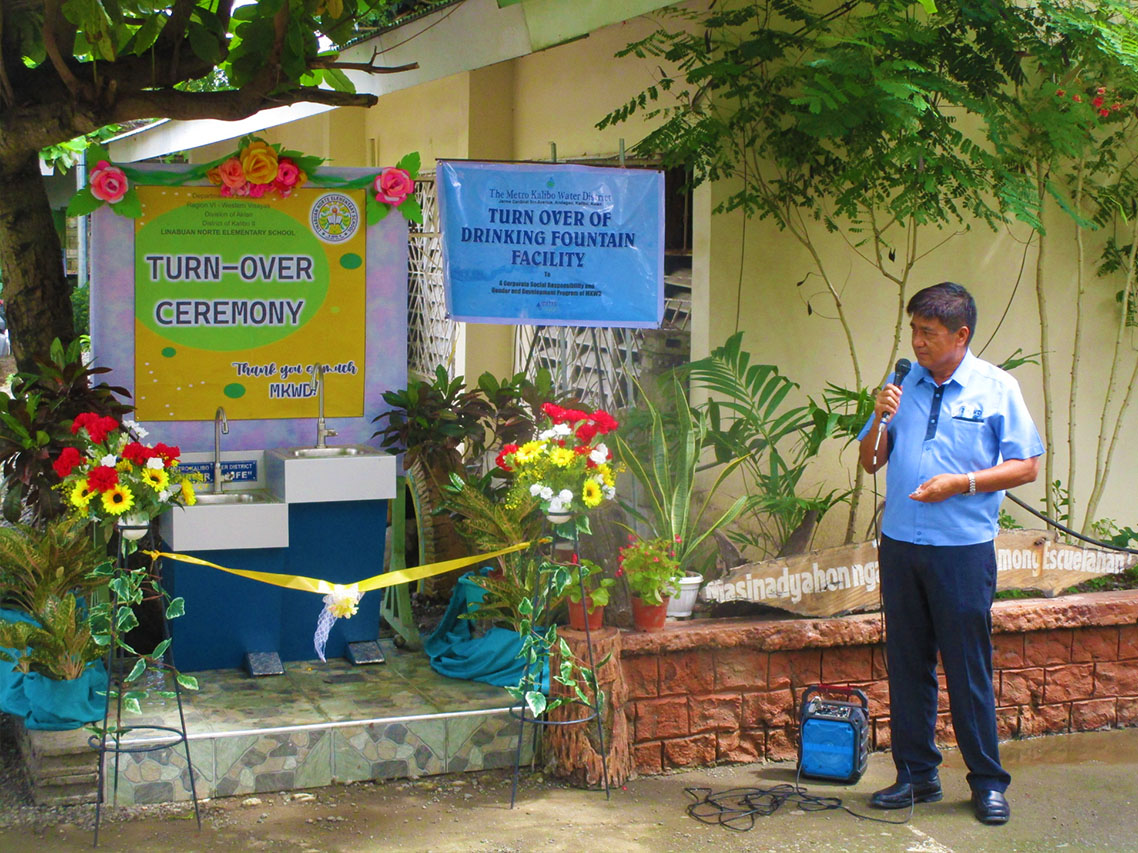
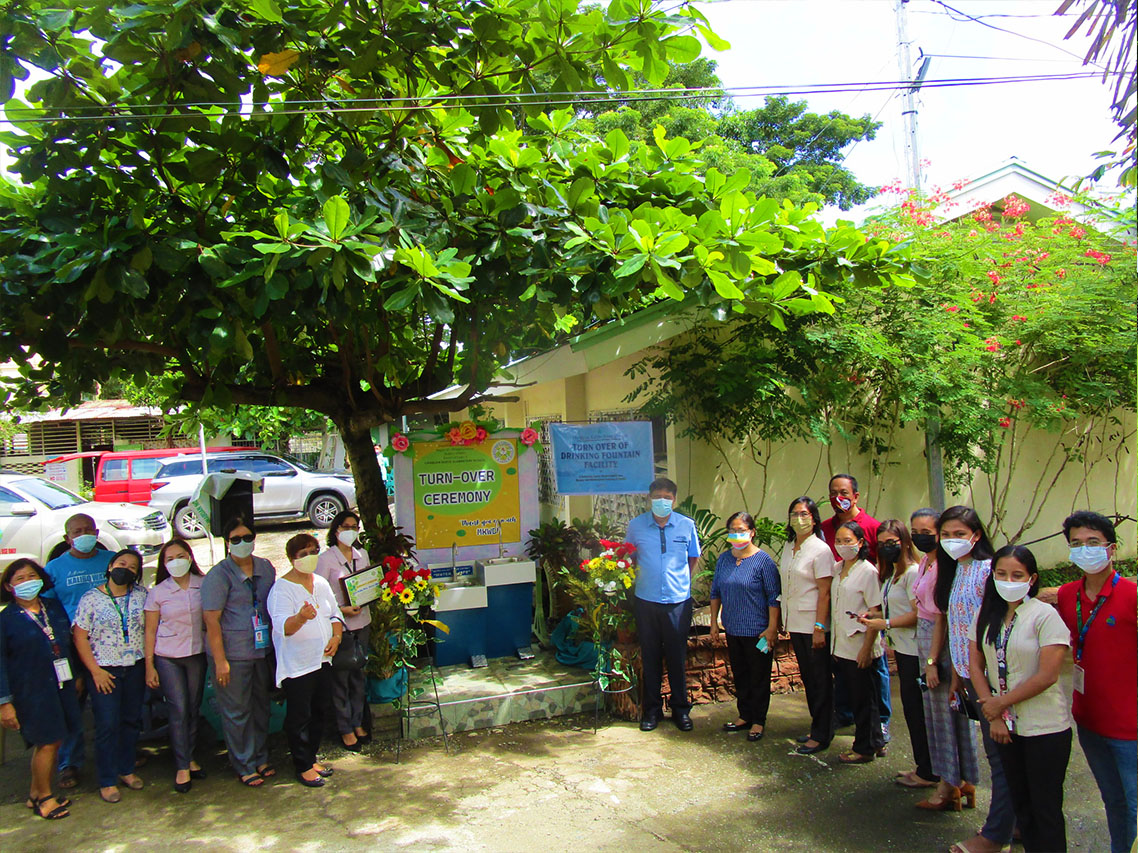
TATAP AT ARUGA SA NANAY AT ANAK PROGRAM
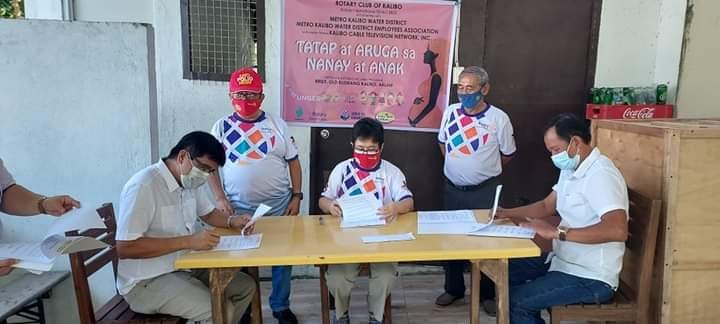
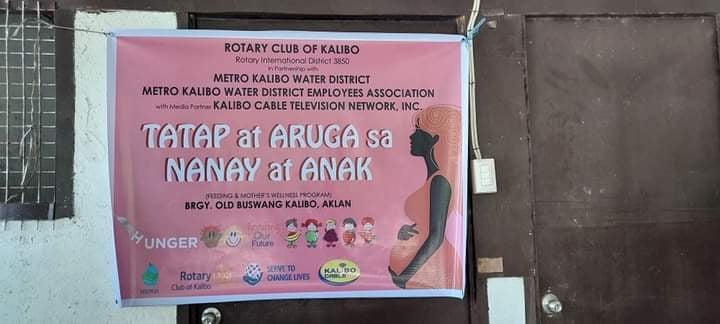
BANNERS

